By Louise Irvine
Kissing and hugging are discouraged in these days of social distancing, but touch deprivation has become a serious consequence of the pandemic and is causing mental health issues, particularly among those living alone. As we approach Valentine’s Day, let’s all think of different ways that we can show love to friends, family, and our wider community with acts of kindness. Join us at WMODA on Saturday, February 13 at our Valentine’s event for some inspiration. Let Love Guide Your Way to WMODA
Happy Hugs
Essentially, we are social creatures and the need for human contact begins as babies. Our first contact in life is the hug and happy newborn babies are constantly cradled and cuddled. Skin to skin contact from birth helps babies develop feelings and social skills and reduces stress. This need continues into adult life and when we hug someone, a hormone called oxytocin is released. This cuddle hormone can foster bonding and lower blood pressure. A close “bear hug” with its positive touch also releases serotonin, the “happy chemical”, so not surprisingly hugging plays an important role as an affectionate greeting in many cultures.
Sealed with a Kiss
Pressing lips together in a romantic kiss first appears in Hindu Sanskrit texts from over 3,500 years ago and kissing was described as inhaling each other's soul. Surprisingly, kissing is only practiced by about half of human cultures. Most animals do not kiss on the lips, although their nuzzling might sometimes look like it. It is not romantic behavior for the few that do – for example chimpanzees “kiss” as a form of reconciliation and zebras rub and sniff noses as a greeting. Animals can sniff out a potential mate through their keen sense of smell, but humans need to get much closer to detect a partner’s pheromones. Lip contact has become a culturally acceptable way to do this in many western societies.
A Kiss is Just a Kiss
Our first kiss is usually memorable in all its detail whether it be delightful or embarrassing. The movies helped make kissing more visible and often provided glamorous role models with their elegant choreography. The reality is often less than graceful as shown in the first moving-picture kiss in Thomas Edison’s 25 seconds short The Kiss in 1896. In the golden age of Hollywood, kissing was permissible as a chaste hint of the pleasures that might follow, which could not be directly represented on the screen.
The Art of the Kiss
Perhaps the most perfect kiss in art is the 1907 painting by Gustave Klimt, which shows the artist himself locked in an embrace with his lover Emilie Floge. The abundance of gold suggests that Klimt intended to create a modern icon to transcend his viewers, just like religious icons of the past. Klimt embraced modernism and presented it in an unprecedented fashion, which continues to inspire us today. Lladró’s stunning sculpture of The Kiss by Antonio Ramos is one of the most popular exhibits at WMODA. Klimt’s painting is also reproduced on Loqi shopping bags and face masks, and McIntosh teatime china, which are sold in the WMODA shop.
Cupid & Psyche
The Neoclassical masterpiece of Psyche Revived by Cupid’s Kiss, sculpted in marble by Antonio Canova, has also inspired countless reproductions since it was commissioned in 1787. Cupid lifts his beloved Psyche in a tender embrace and awakens her with a kiss after she had been cast into a deathlike sleep by Venus, the Goddess of Love. The lovers are later allowed to marry, giving Psyche immortal powers as the Goddess of the Soul. Cupid and Psyche continued to be portrayed in intimate embraces, notably in the Parian porcelain body so beloved by Victorians. The Minton statue by Hamlet Bourne from 1858 can be seen at WMODA.
Legendary Kisses
The Swedish sculptor, Gerhard Henning, took inspiration from legends of love for his work, including his Fairy Tale series made for Royal Copenhagen in the 1920s. The most famous Royal Copenhagen sculpture of a kiss is also derived from mythology. It was sculpted in marble by Johan Theodor Lundberg in 1897 and first introduced in porcelain in 1911 with the title Waves and Rock. In this dramatic sculpture, the Titan god Prometheus, who created humans from clay, is depicted chained to a rock. He was punished by Zeus for introducing fire to humanity and an eagle was sent daily to eat his liver, which was thought to be the seat of human emotions in ancient Greece. He leans forward from his torment to kiss a sea nymph, who rises from the waves.
Art is Life
There was a relaxed approach to portraying the nude in art during the early 1900s and many European porcelain artists captured moments of romantic bliss to showcase the power of love and desire. For the Rosenthal factory in Germany, Richard Aigner captured a young couple in an intimate embrace entitled The Spring of Love. He also modeled Eros, named after the Greek god of love. In more recent years, Alan Maslankowski portrayed young lovers embracing for Royal Doulton’s Art is Life collection, which revived the Victorian Parian ware body. Royal Doulton also represented messages of love and kindness in their popular Images series and WMODA has several trial luster glazes in the collection.
Let LOVE Guide Your Way
Images of love, kisses and kindness in the fired arts will be a feature of our special event on February 13, Let LOVE Guide Your Way to WMODA. Lloyd Goradesky, the public artist behind this interactive art project, will talk about celebrating kindness, and his mission to share the message of Universal LOVE while encouraging compassion, consideration, and tolerance for everyone. For novel Valentine’s Day gifts, Lloyd’s Love mugs have been filled with Hershey’s Kisses at the WMODA shop.
Virtual Valentine’s Day
Knowing the importance of social interactions in the absence of kissing and hugging can help us plan more virtual experiences, which can have a positive effect on our health and well-being during isolation. Make sure your loved ones know you are thinking of them during this year’s virtual Valentine’s Day and beyond.
Read more...
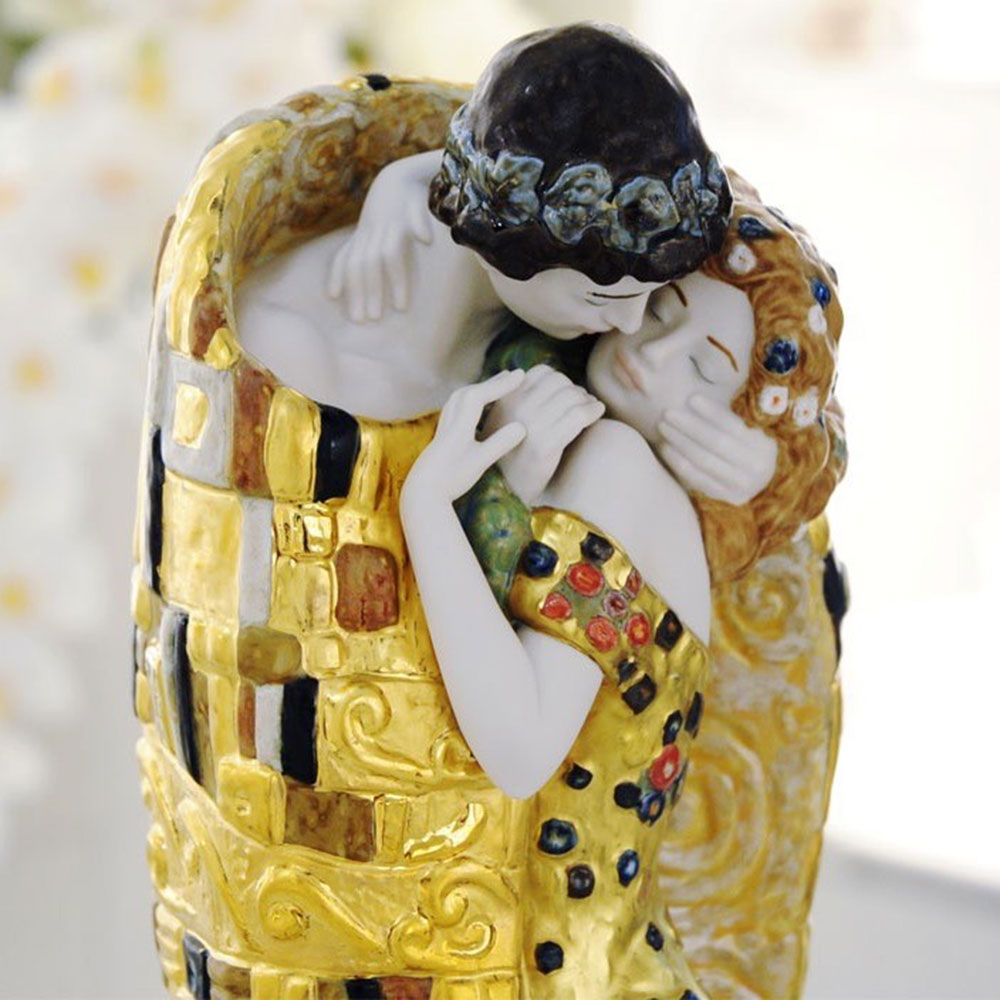
Lladro The Kiss
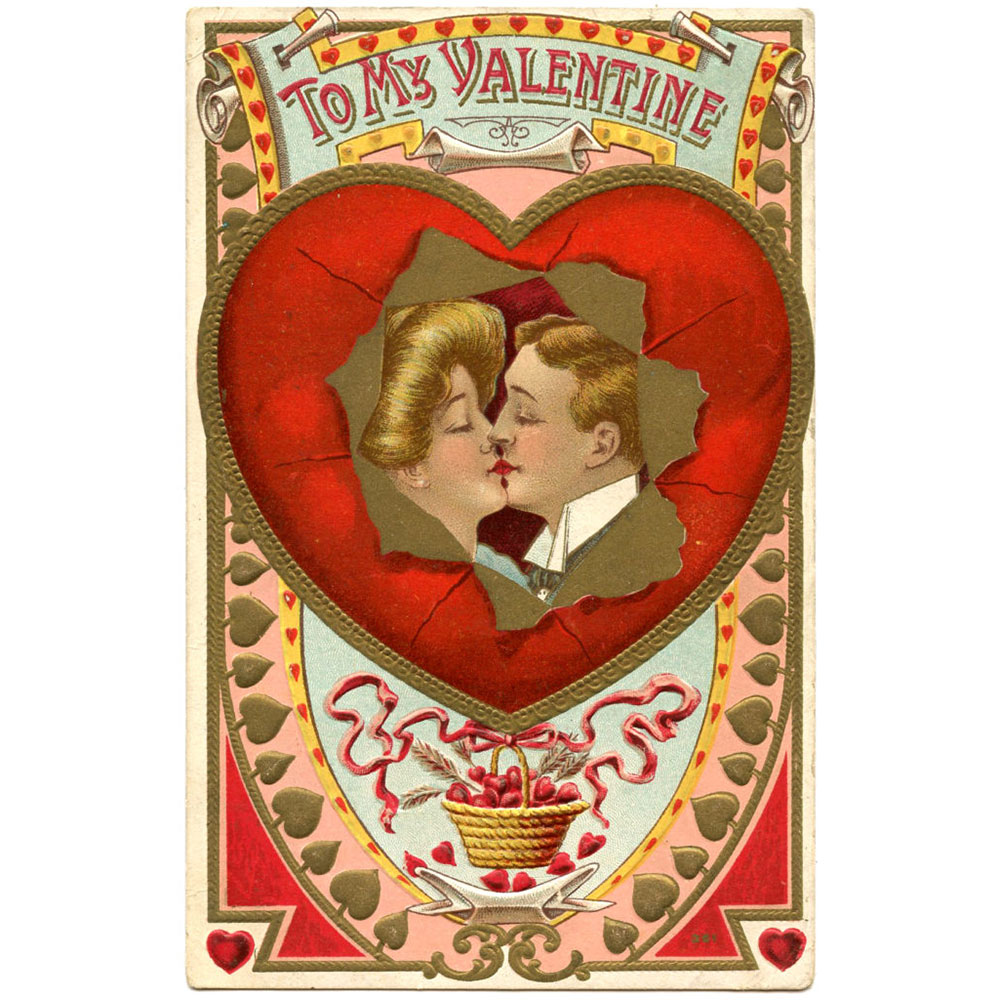
Vintage Valentine Kiss card
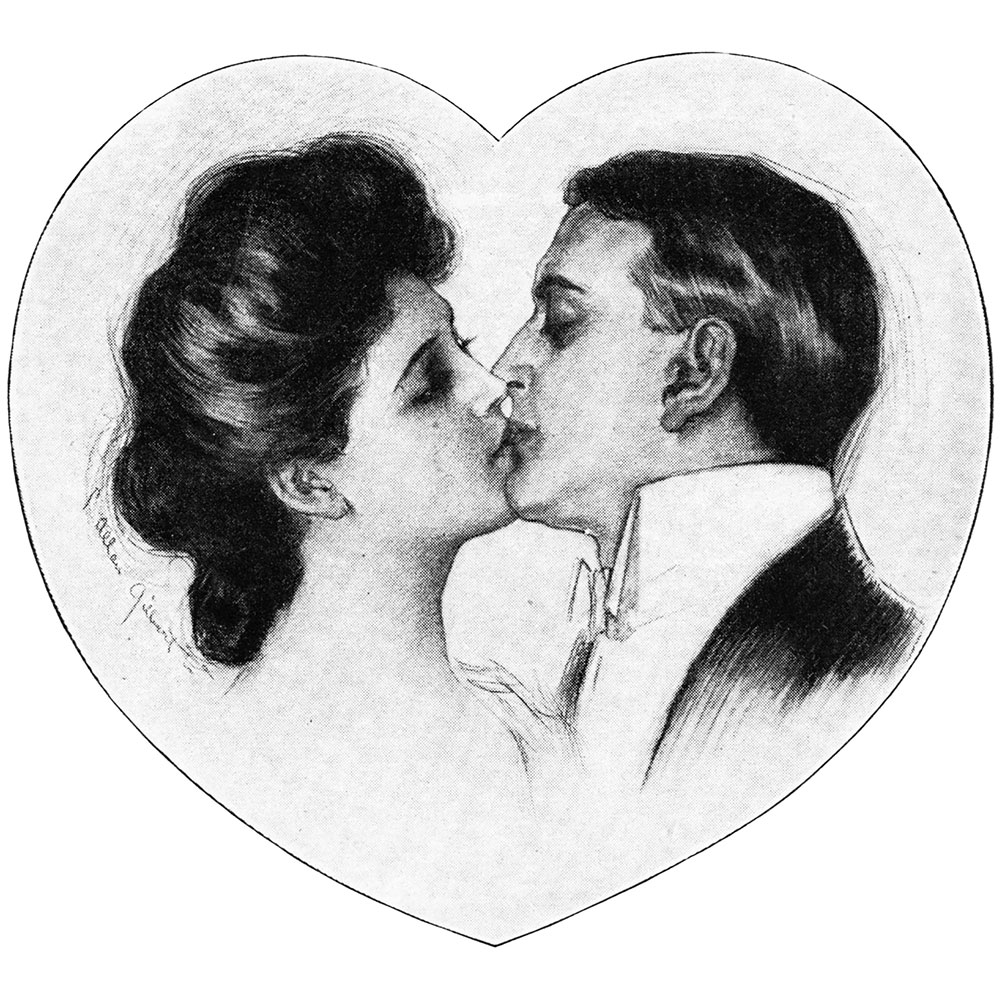
Gibson Girl Kiss
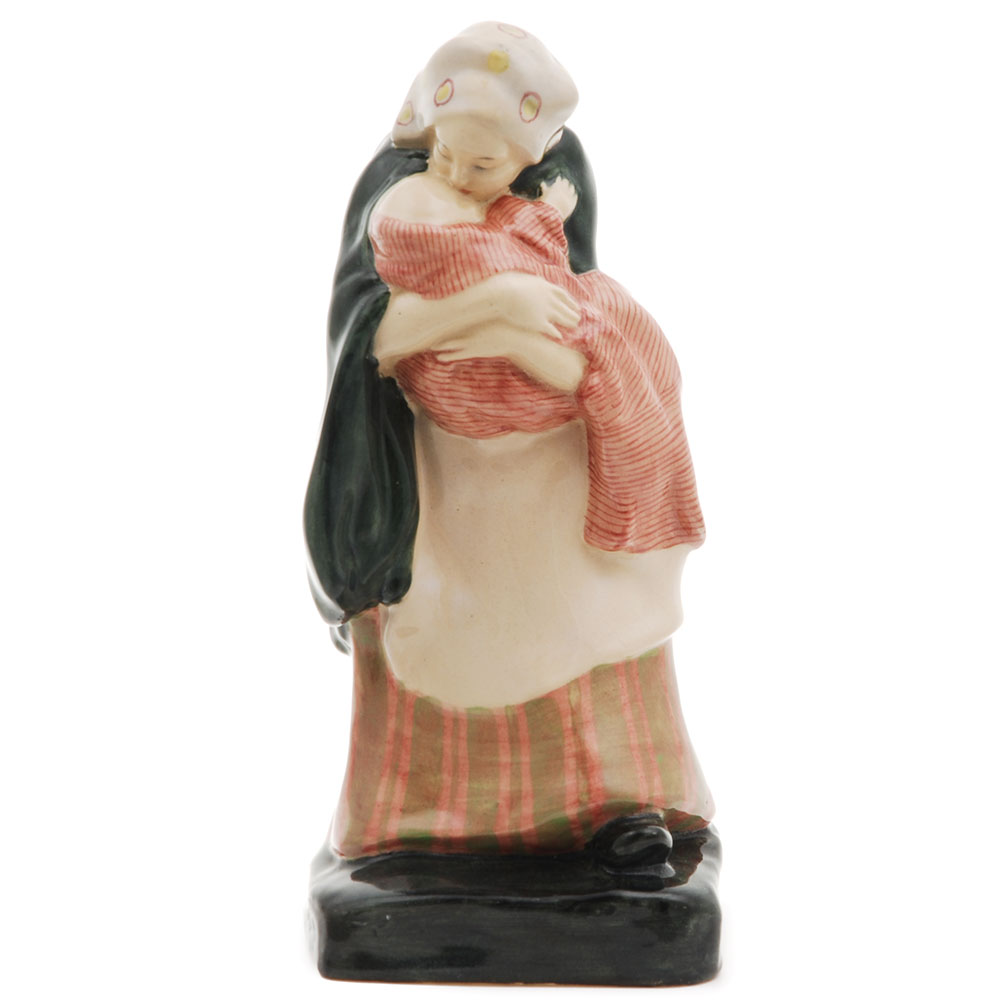
Royal Doulton Motherhood L. Harradine
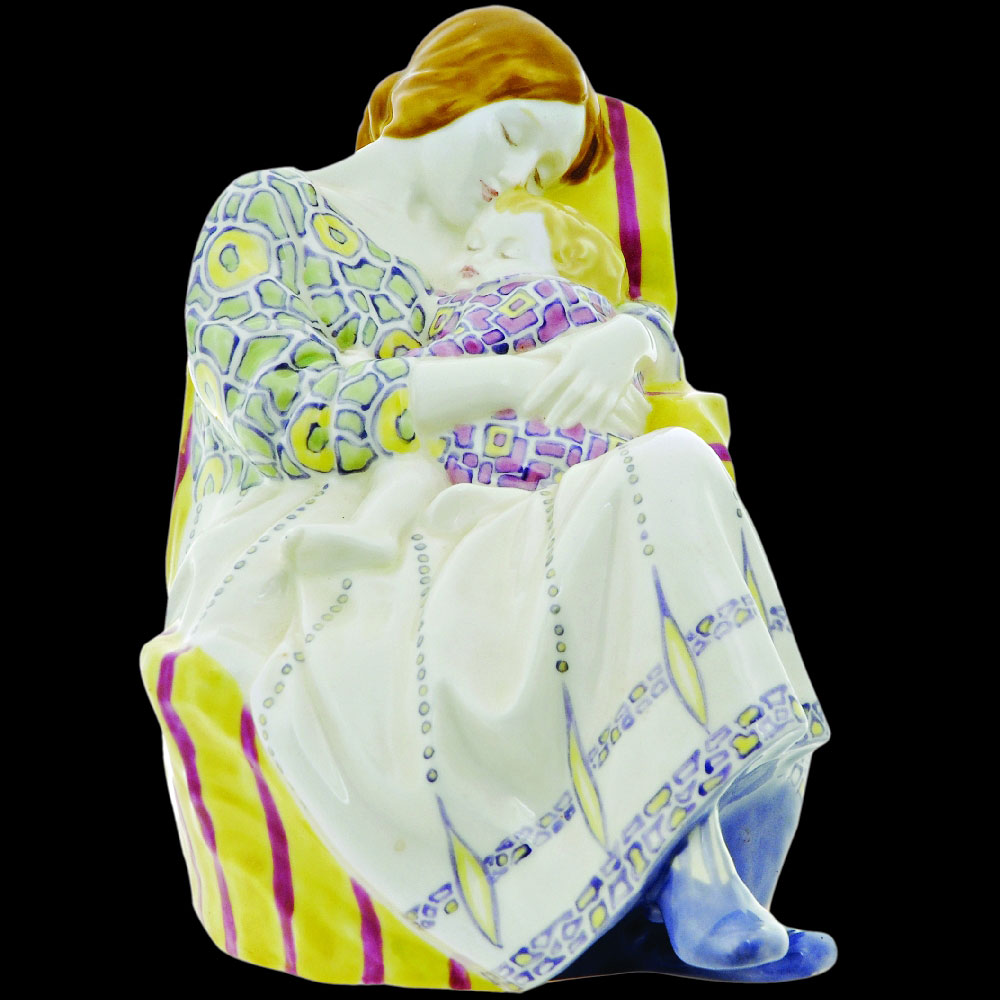
Royal Doulton Contentment
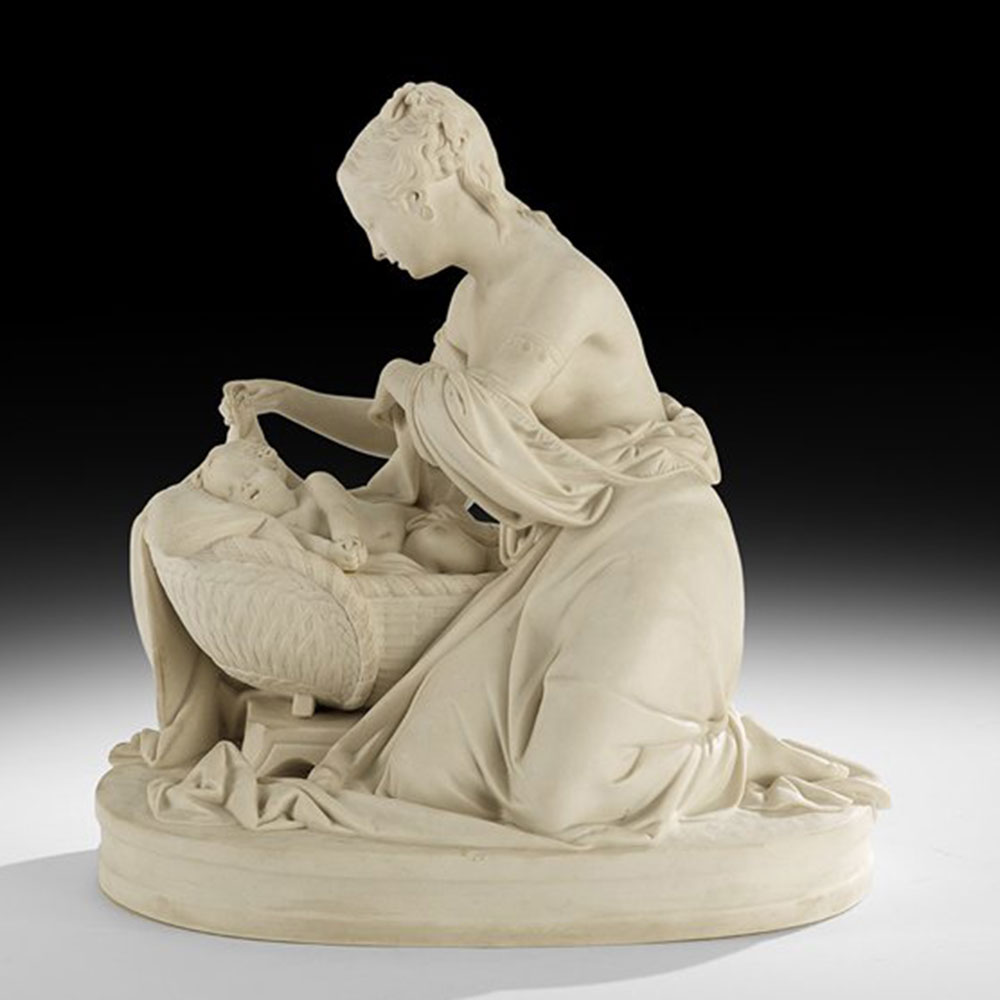
Minton Mother & Newborn by A. Carrier-Belleuse
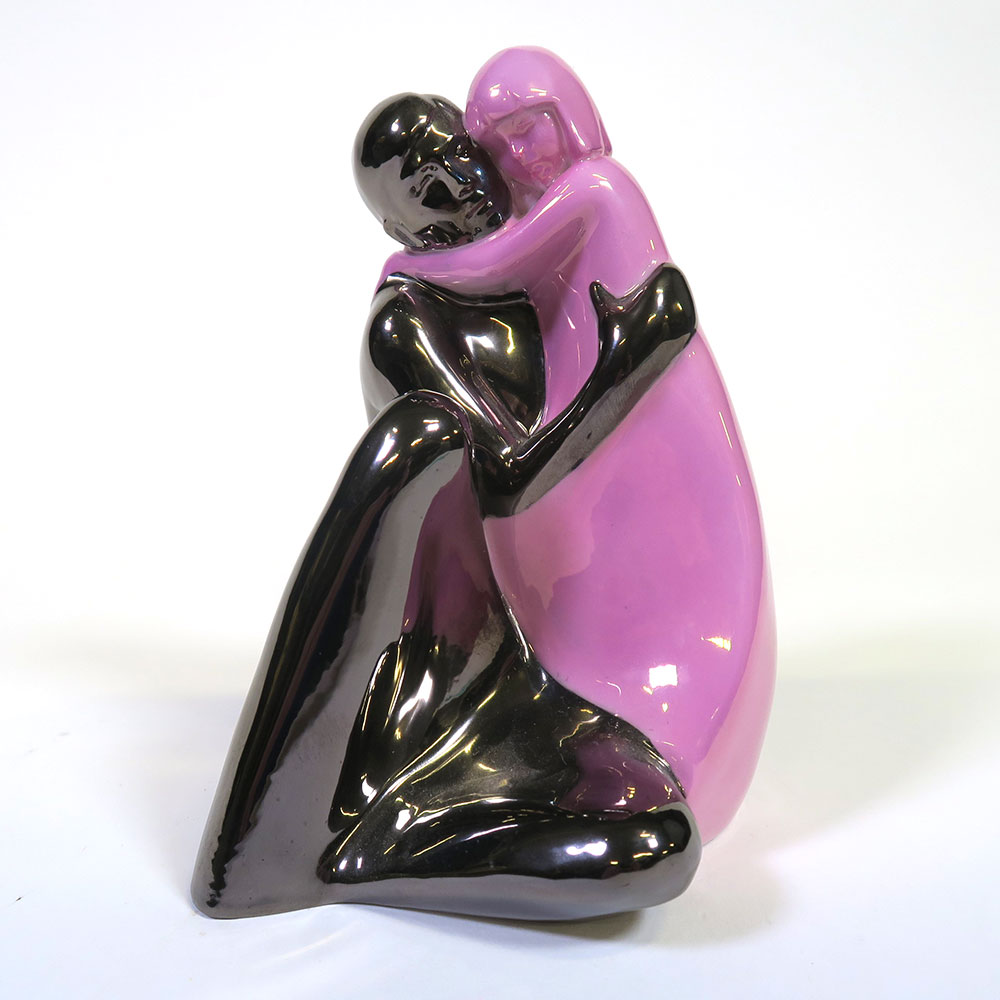
Royal Doulton Trial Images series
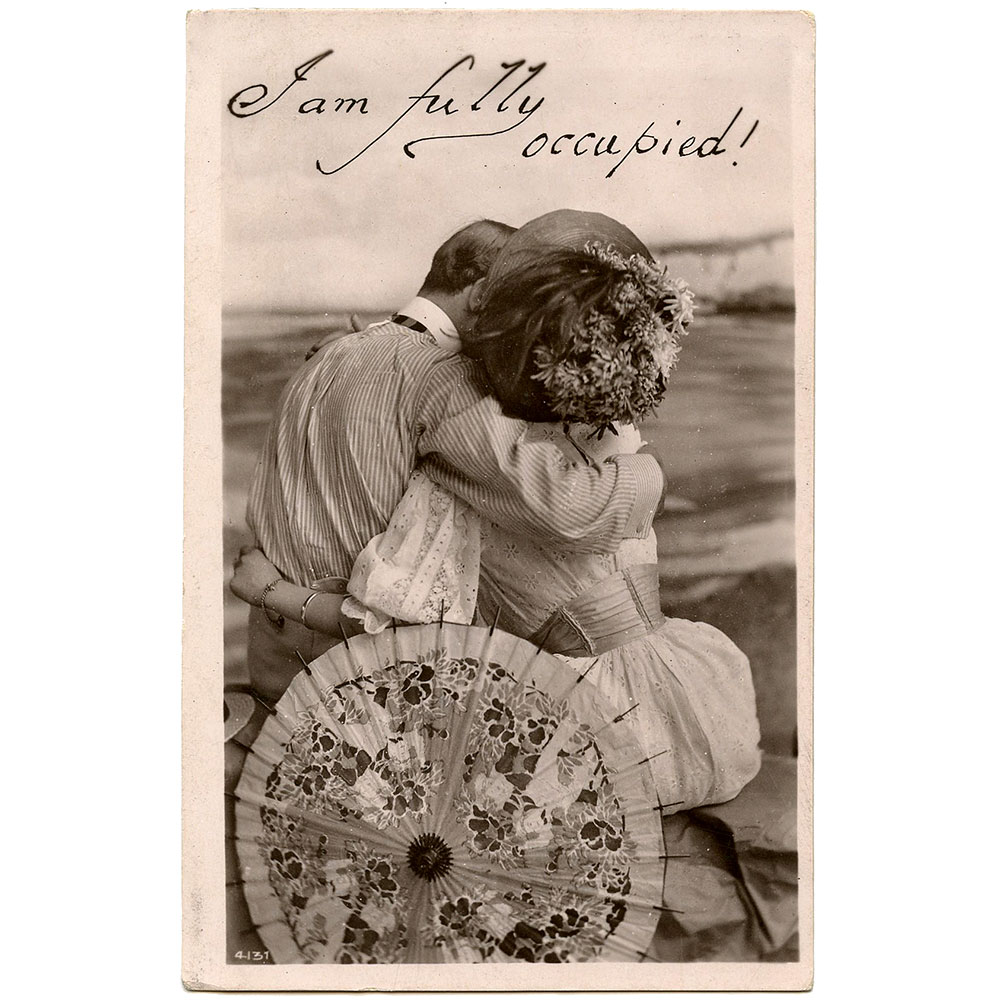
Vintage card
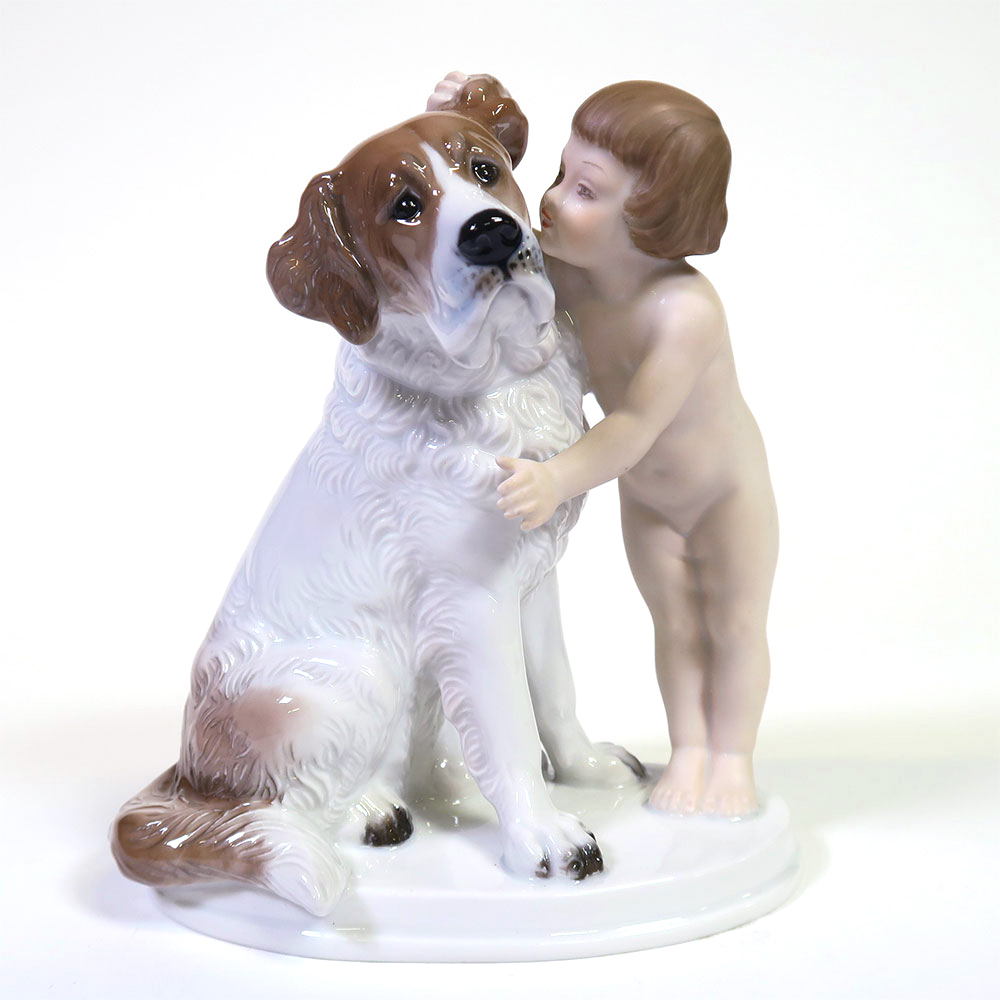
Rosenthal Girl and Dog
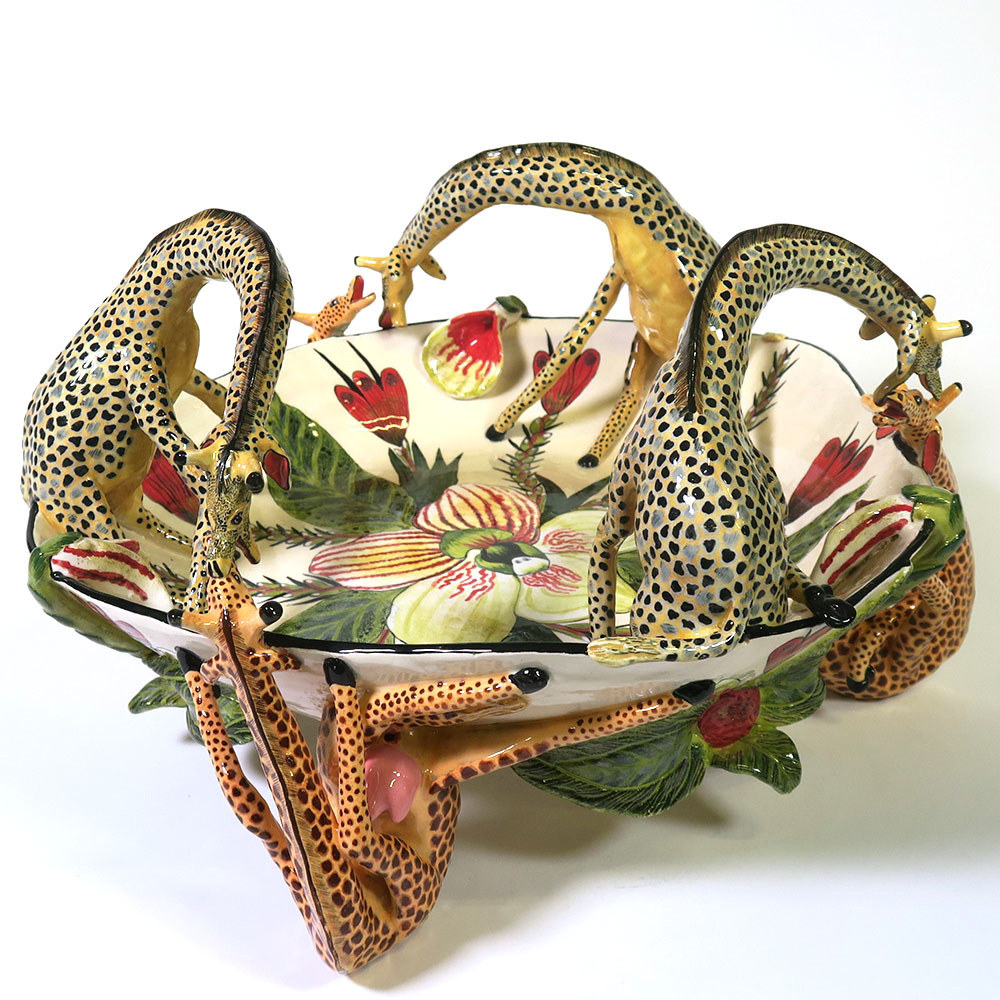
Ardmore Giraffes Kissing
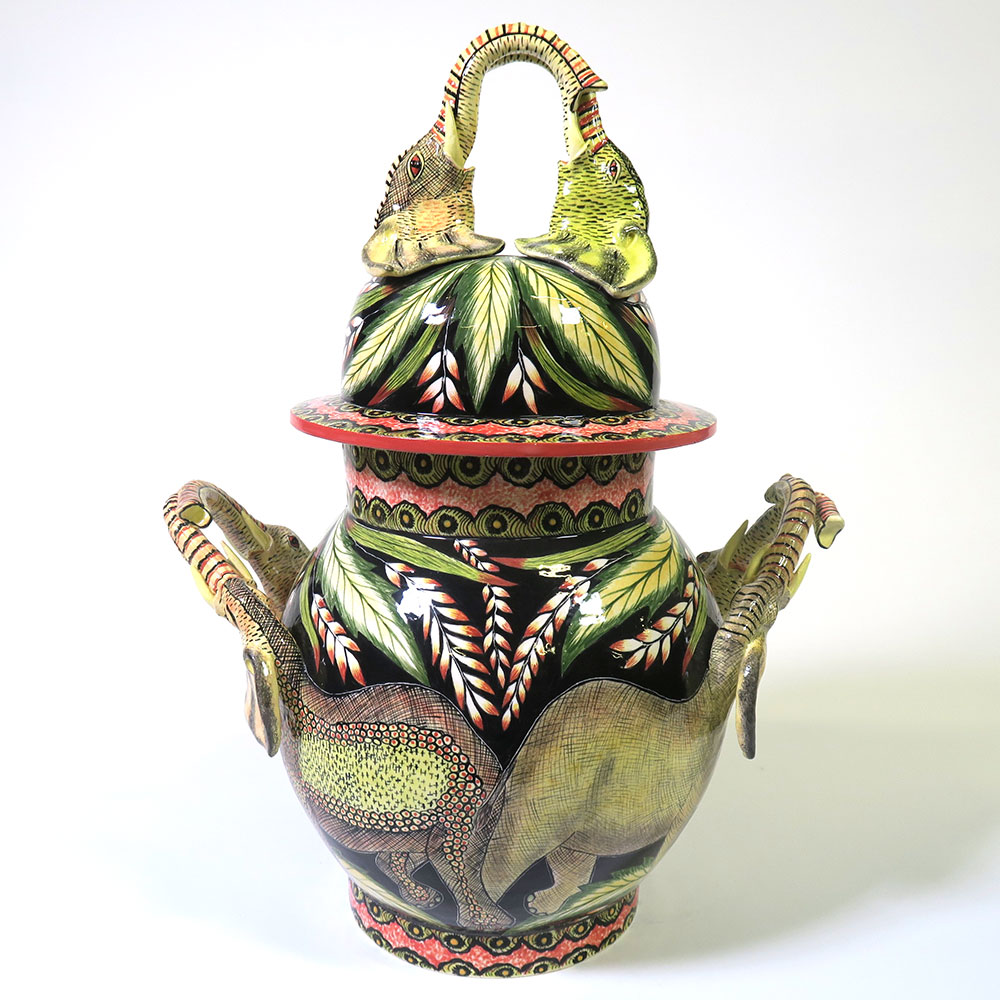
Ardmore Elephants Embracing
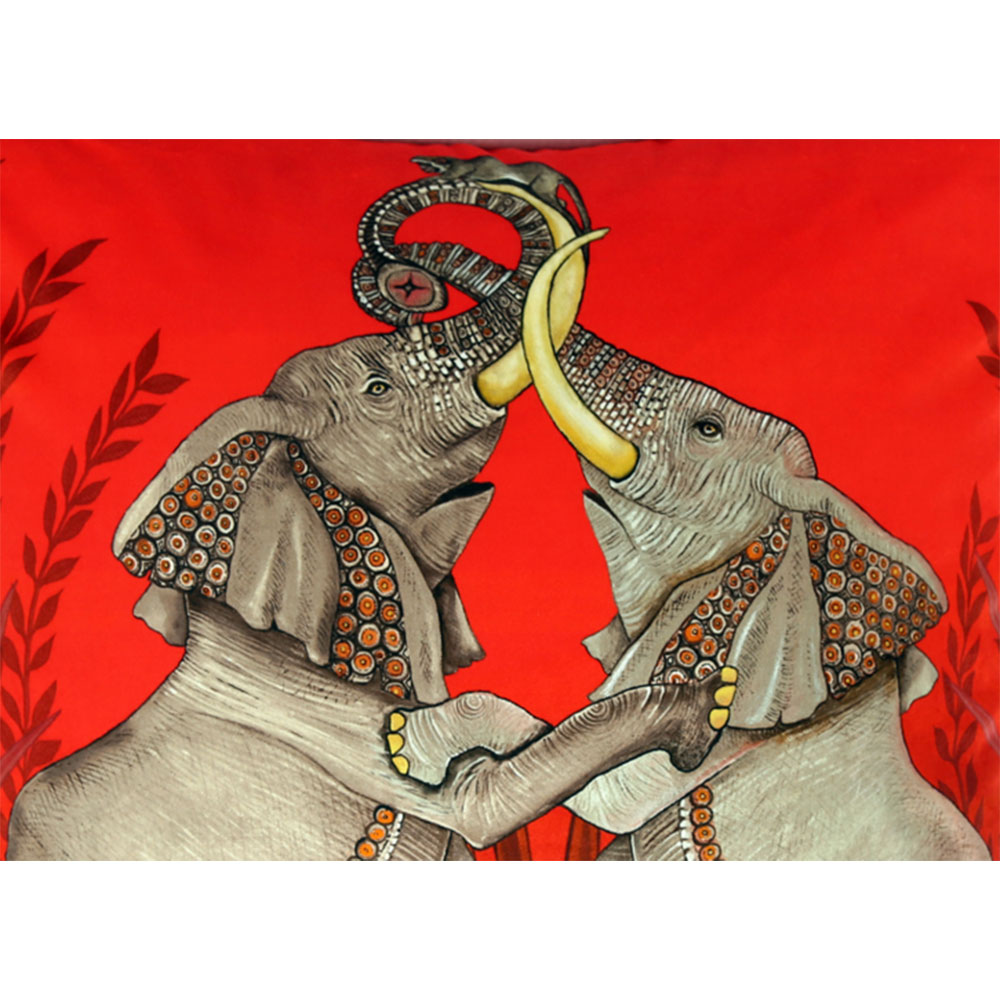
Ardmore Elephants Dancing
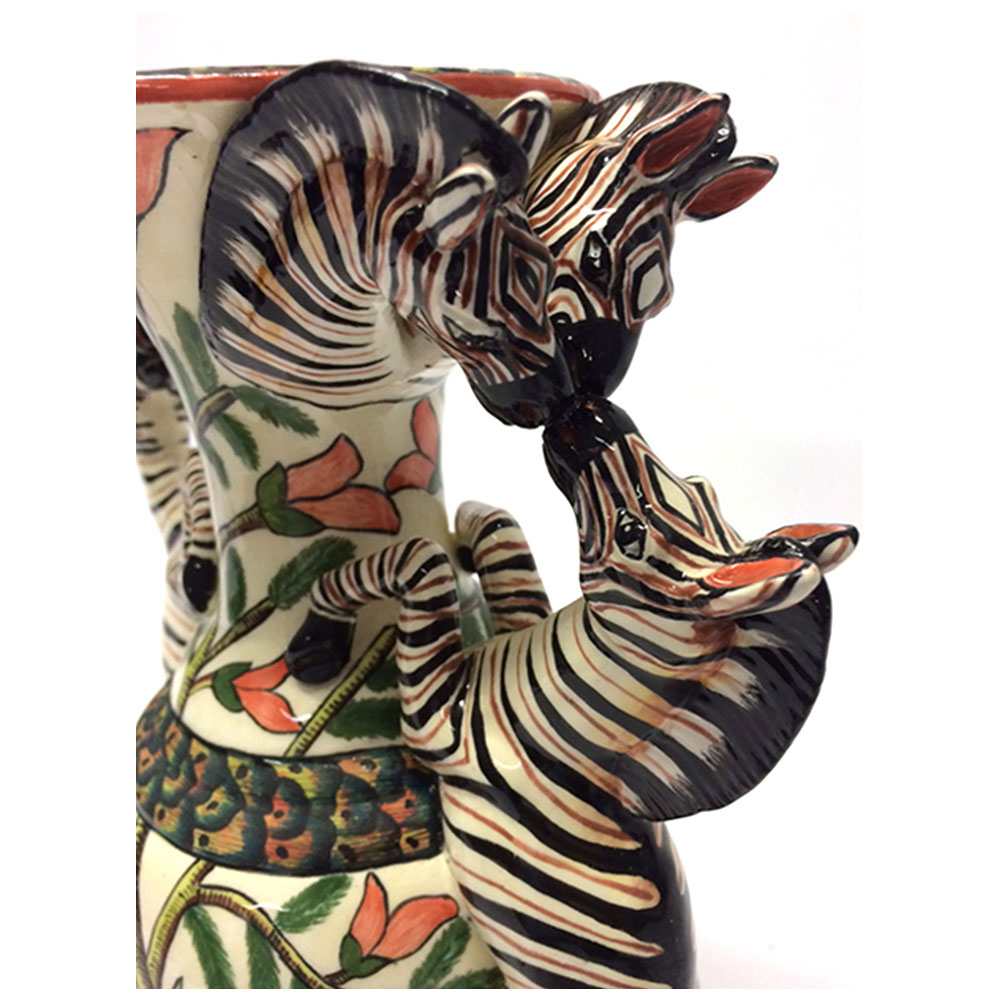
Ardmore Zebras Nuzzling
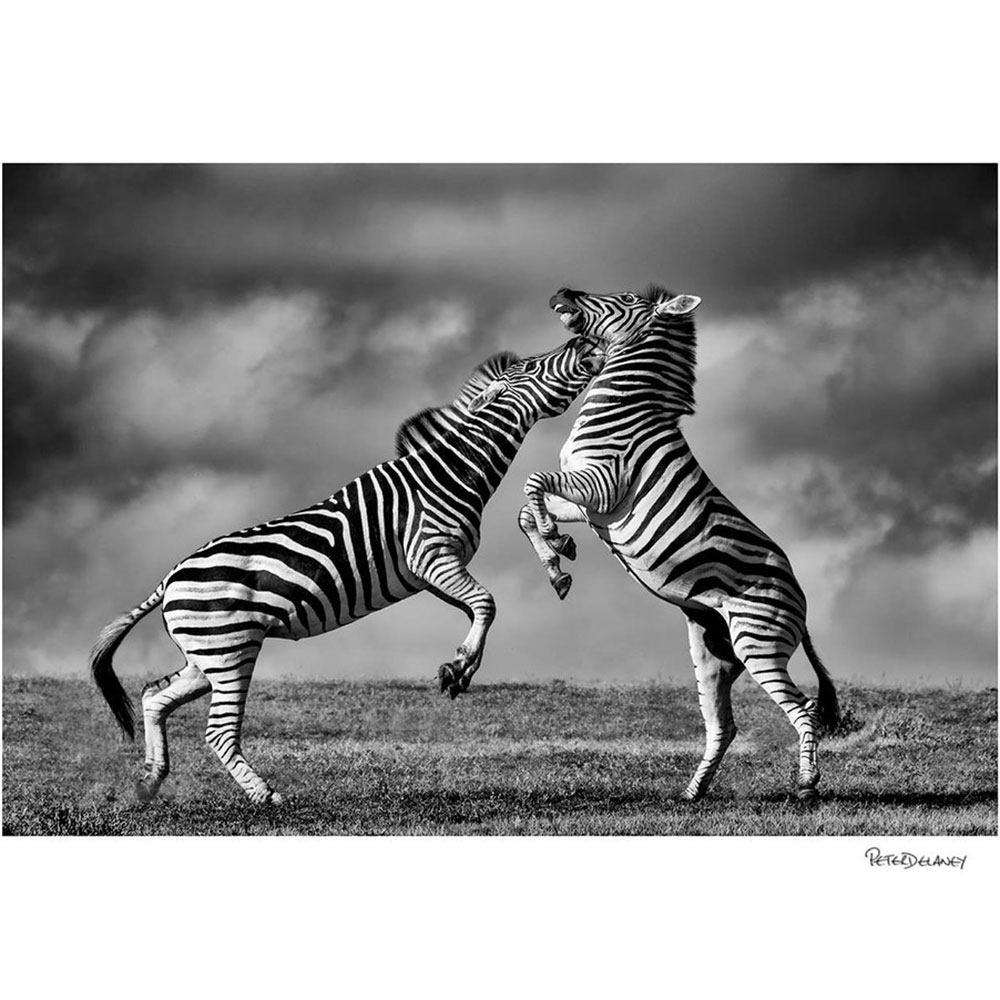
Zebra Dance
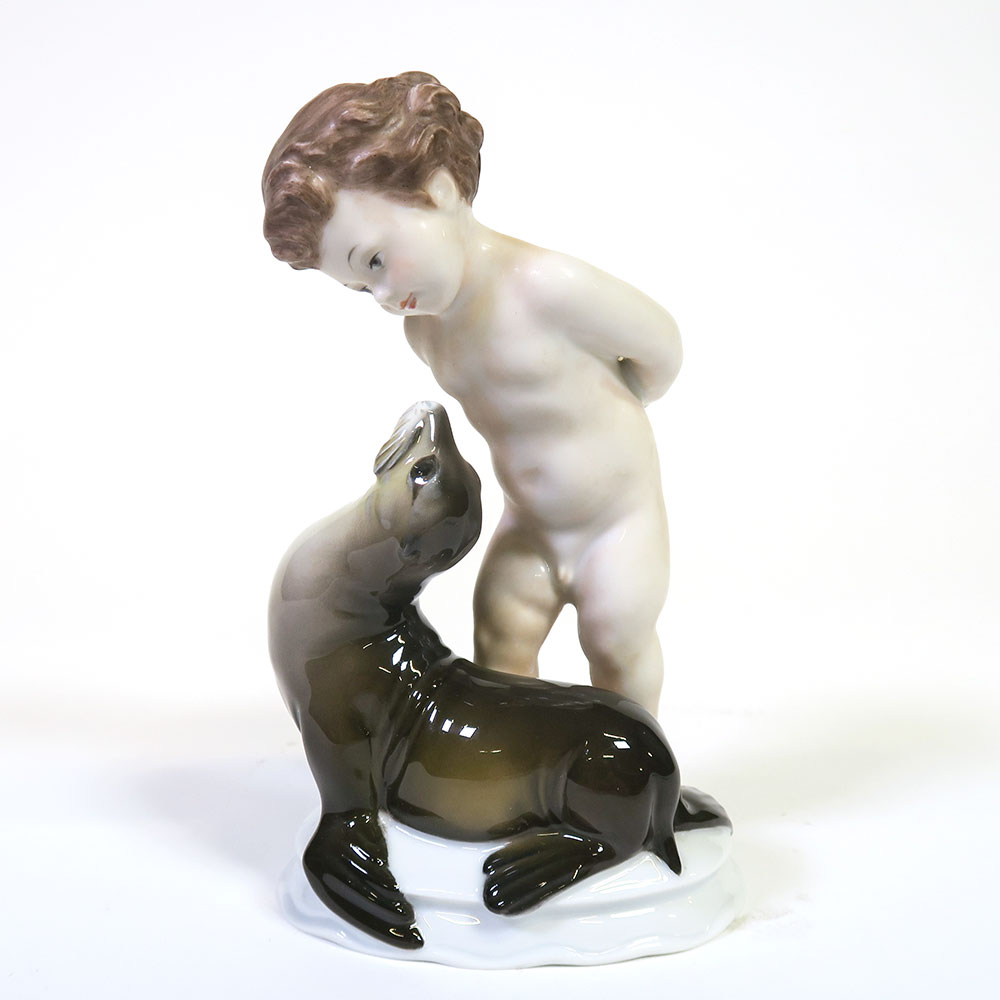
Rosenthal Seal
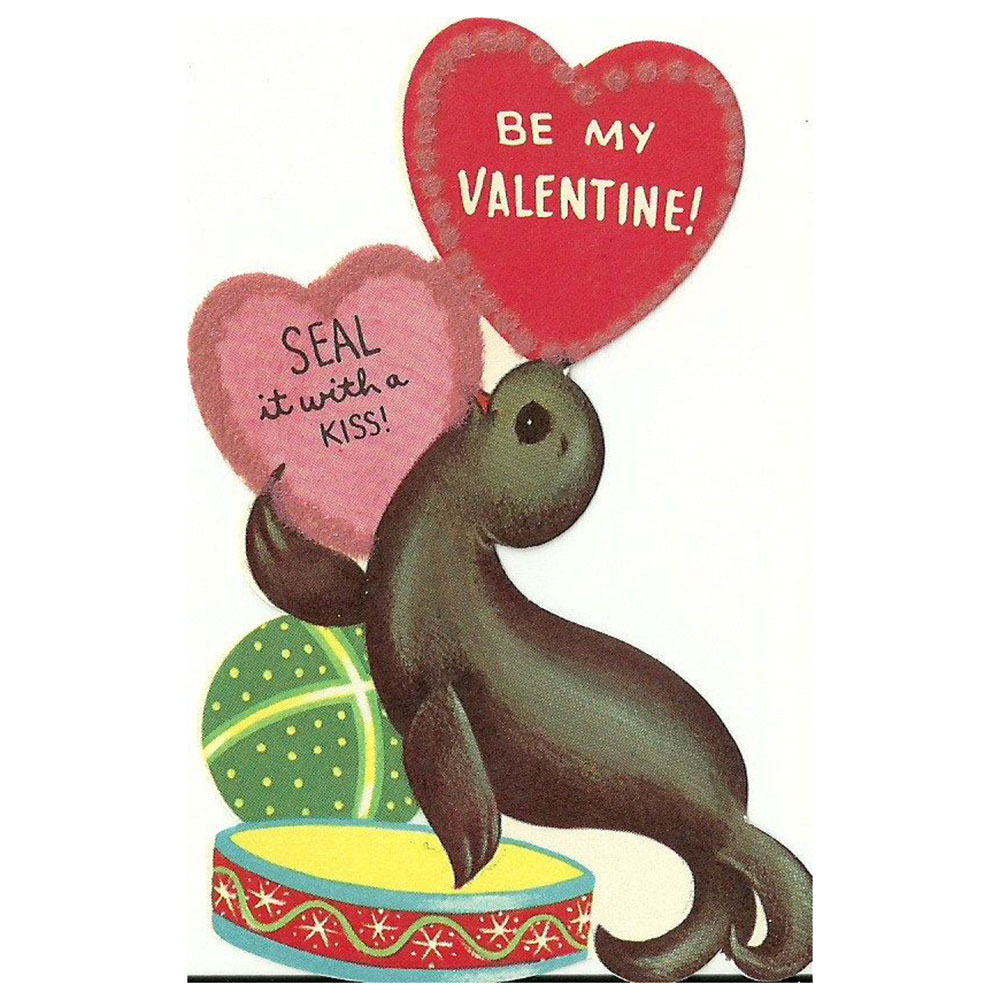
Seal with a Kiss vintage Valentine
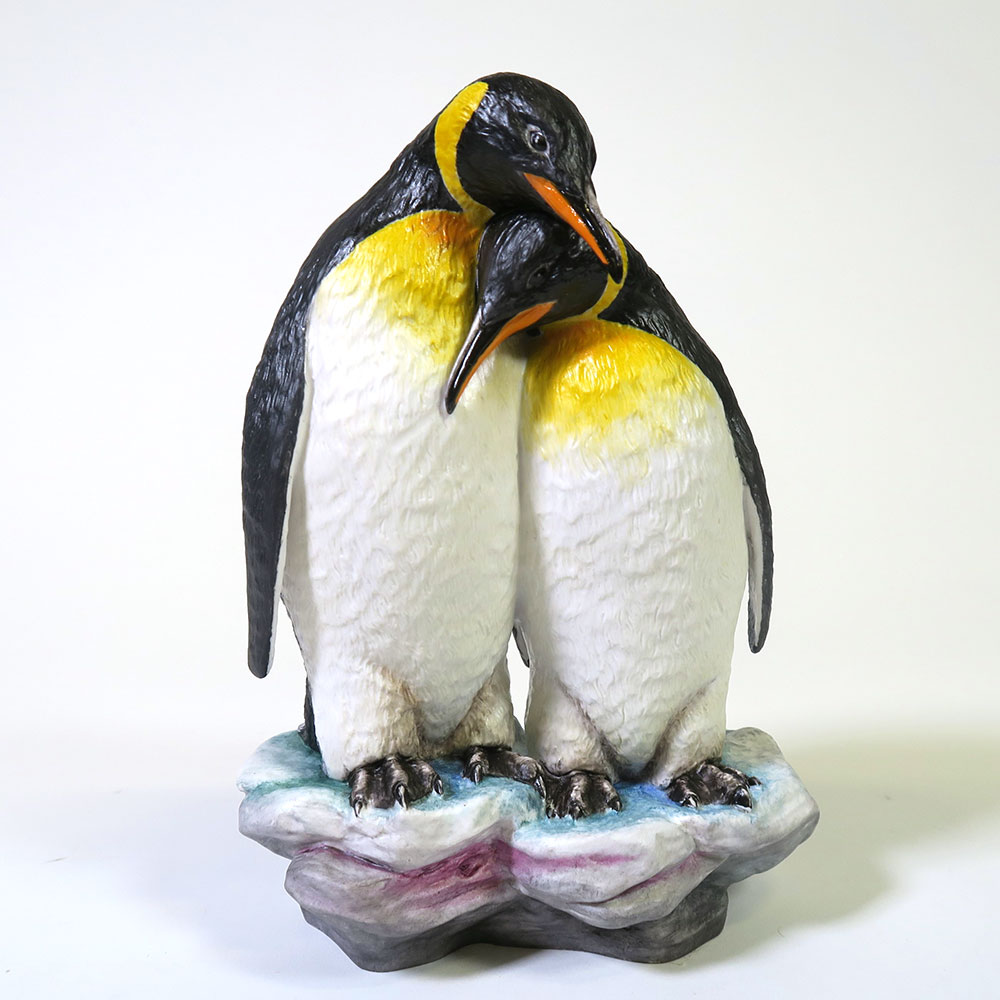
Connoisseur Affection
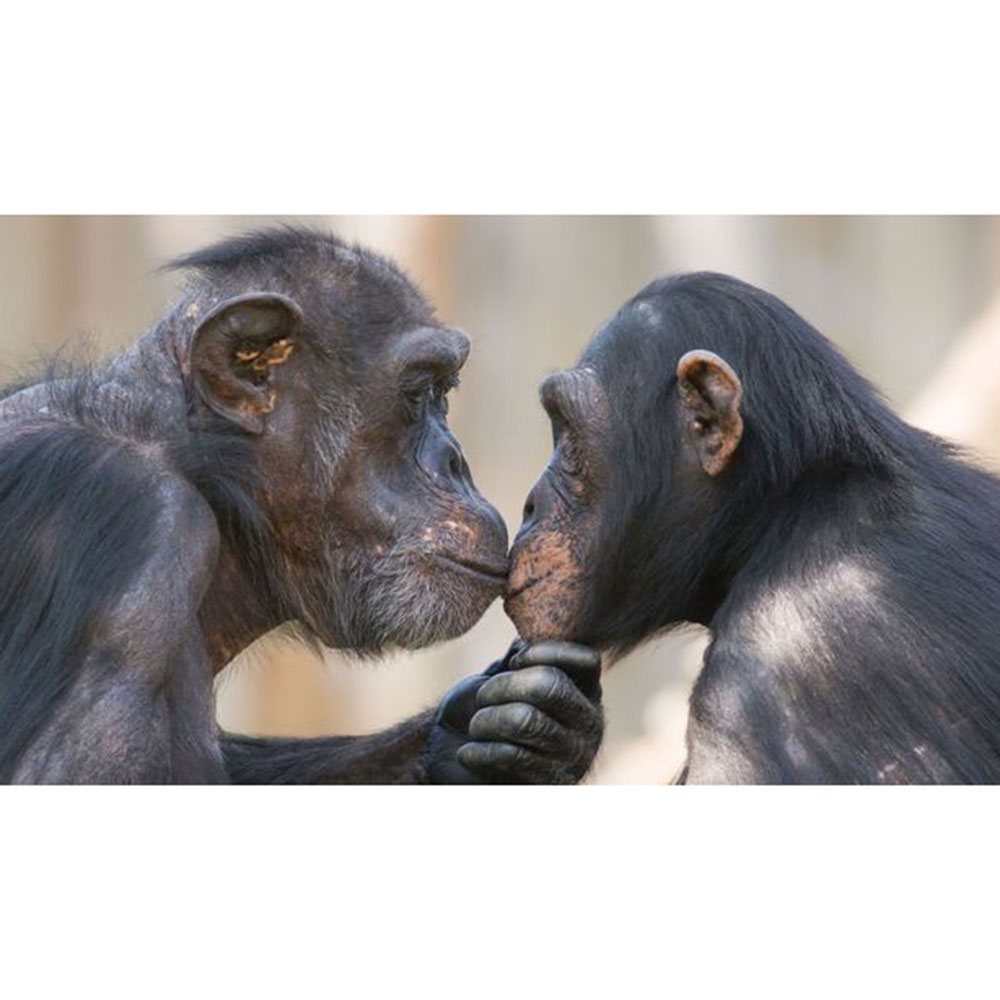
Kissing

Chimps Hugging
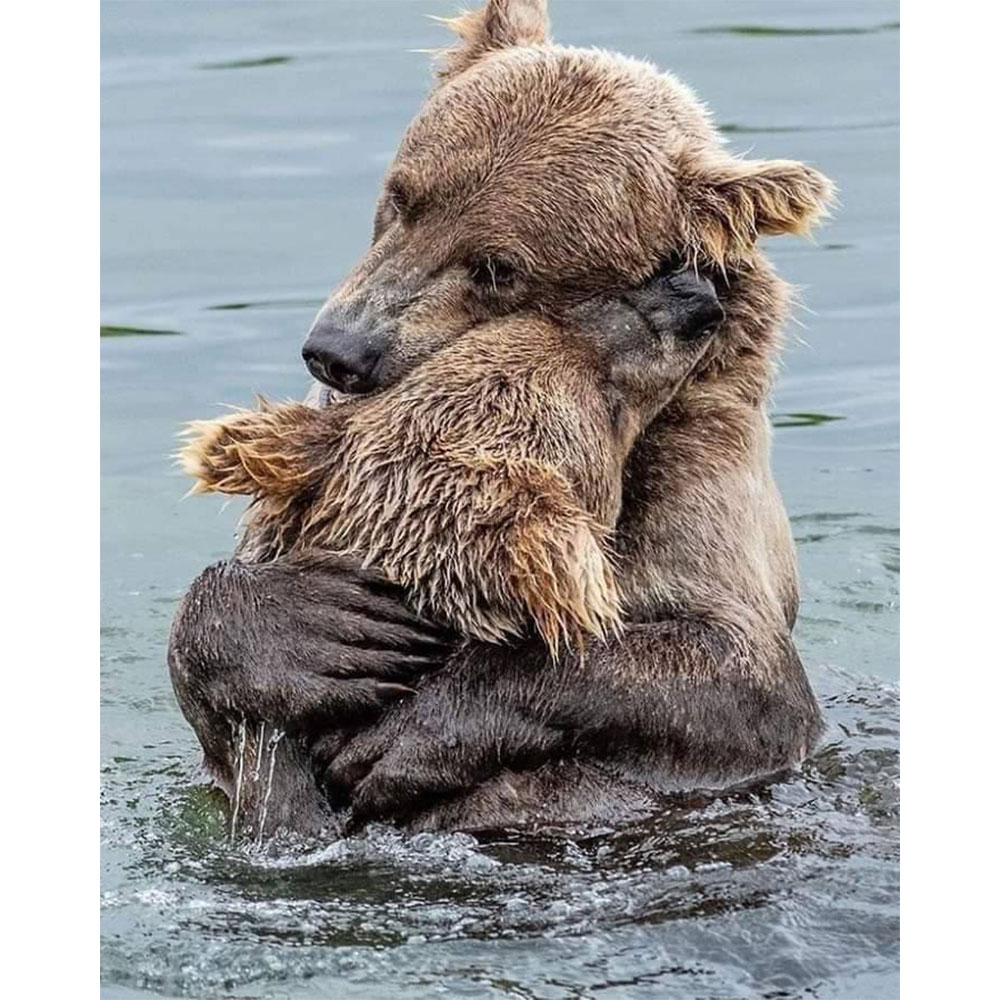
Bear Hug
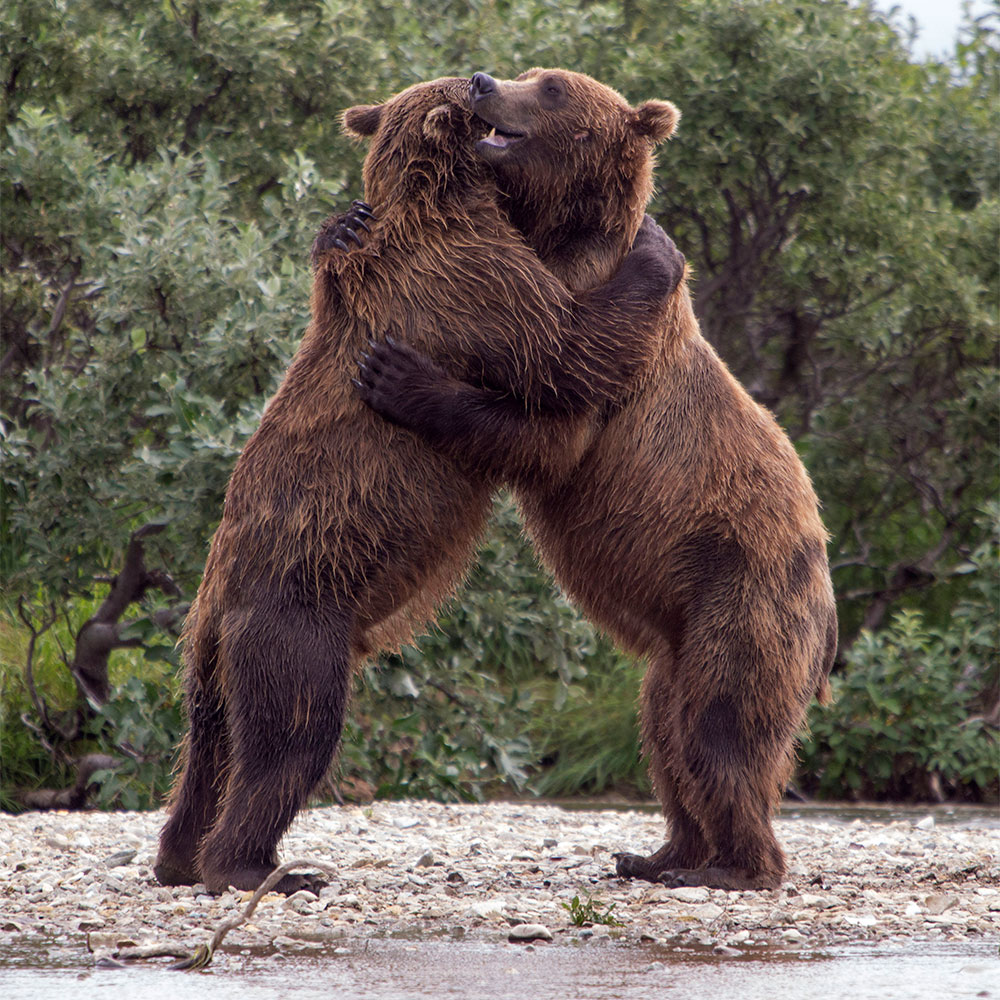
Bear Hug

The Kiss 1896 by T. Edison. The first cinema kiss.
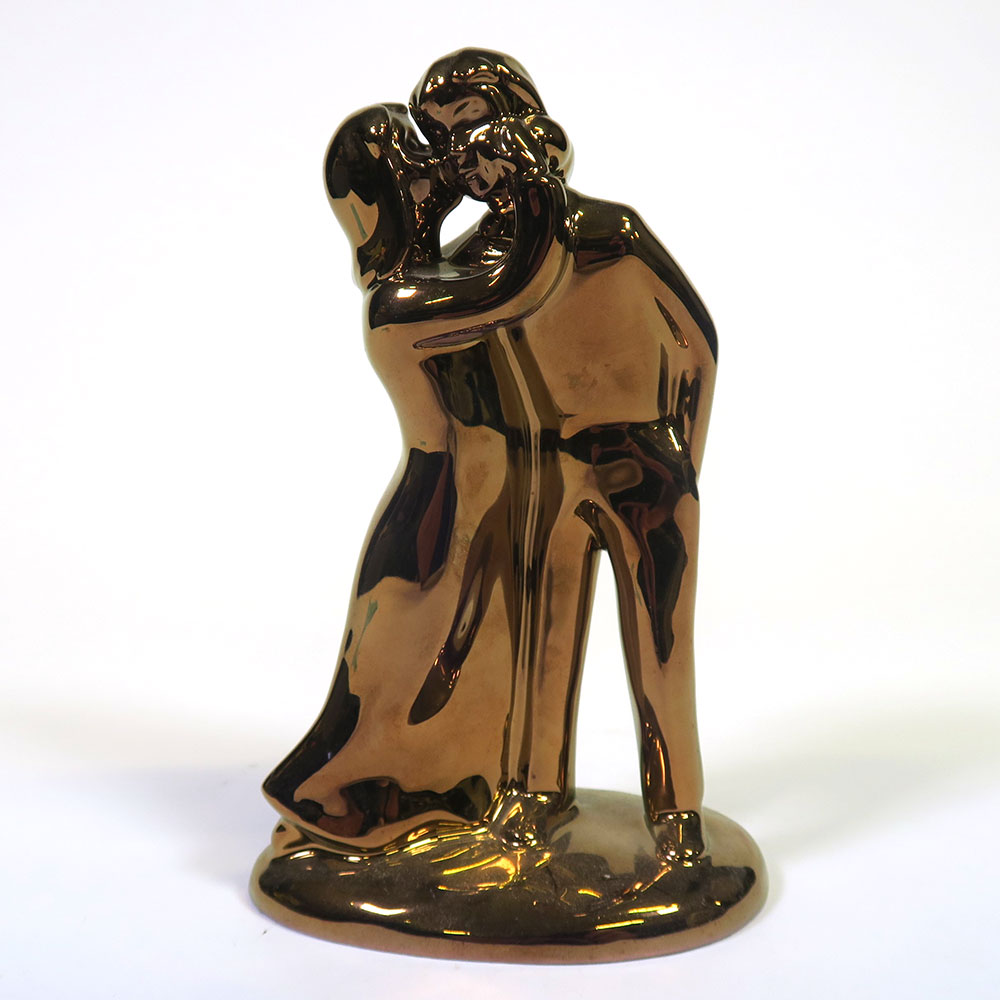
Royal Doulton First Kiss trial
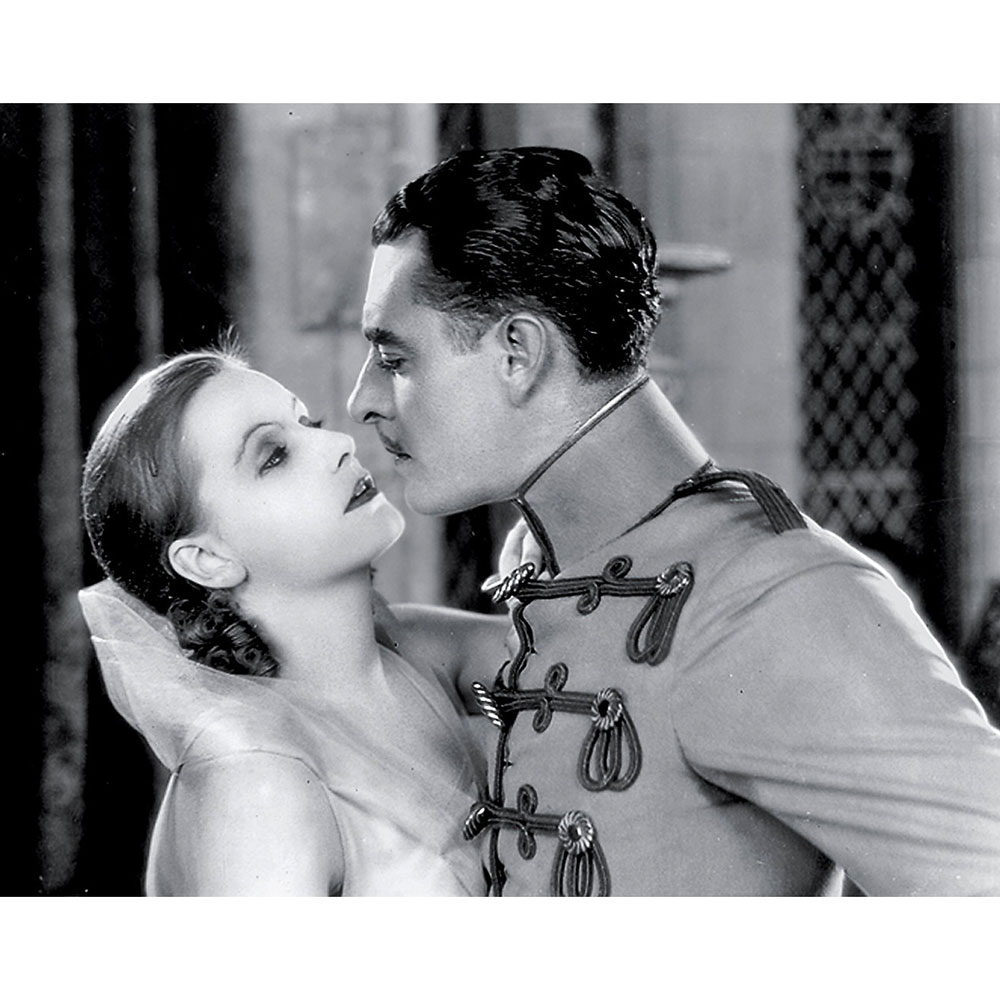
Greta Garbo and John Gilbert in Flesh and the Devil
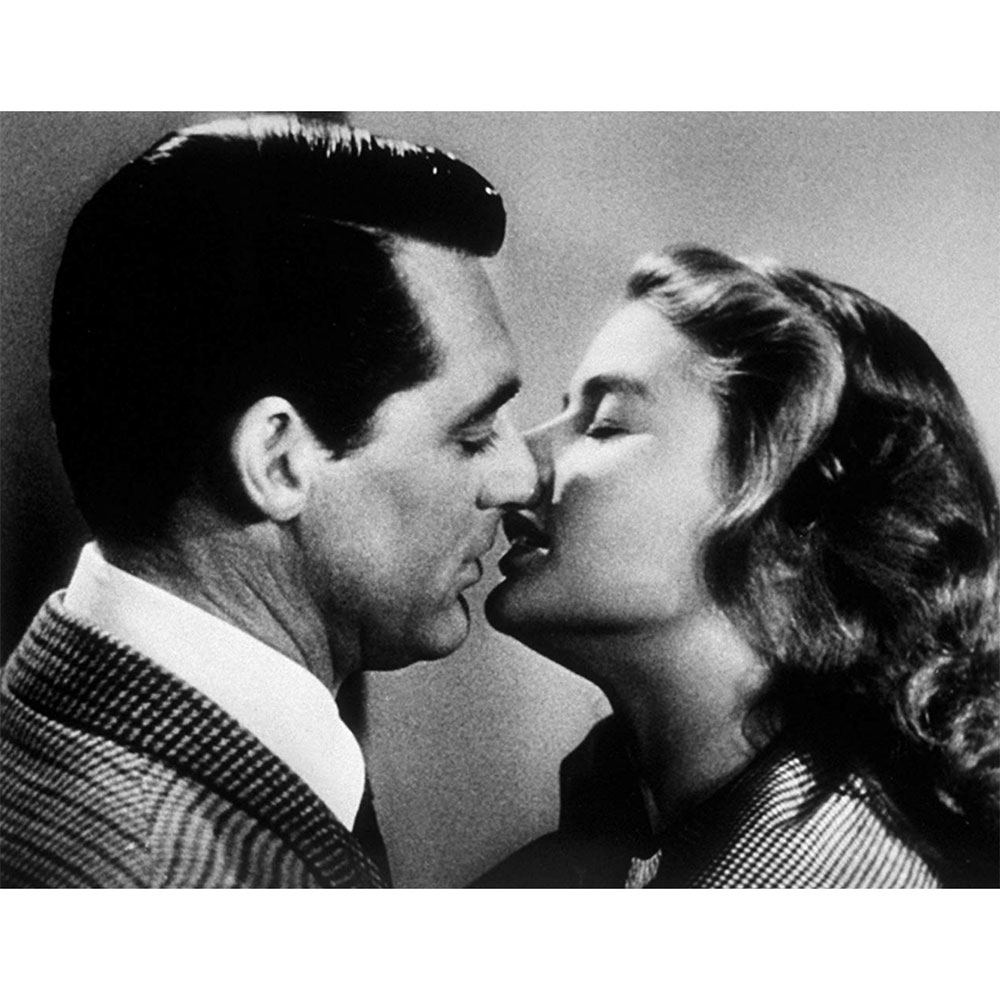
Cary Grant and Ingrid Bergman longest screen kiss
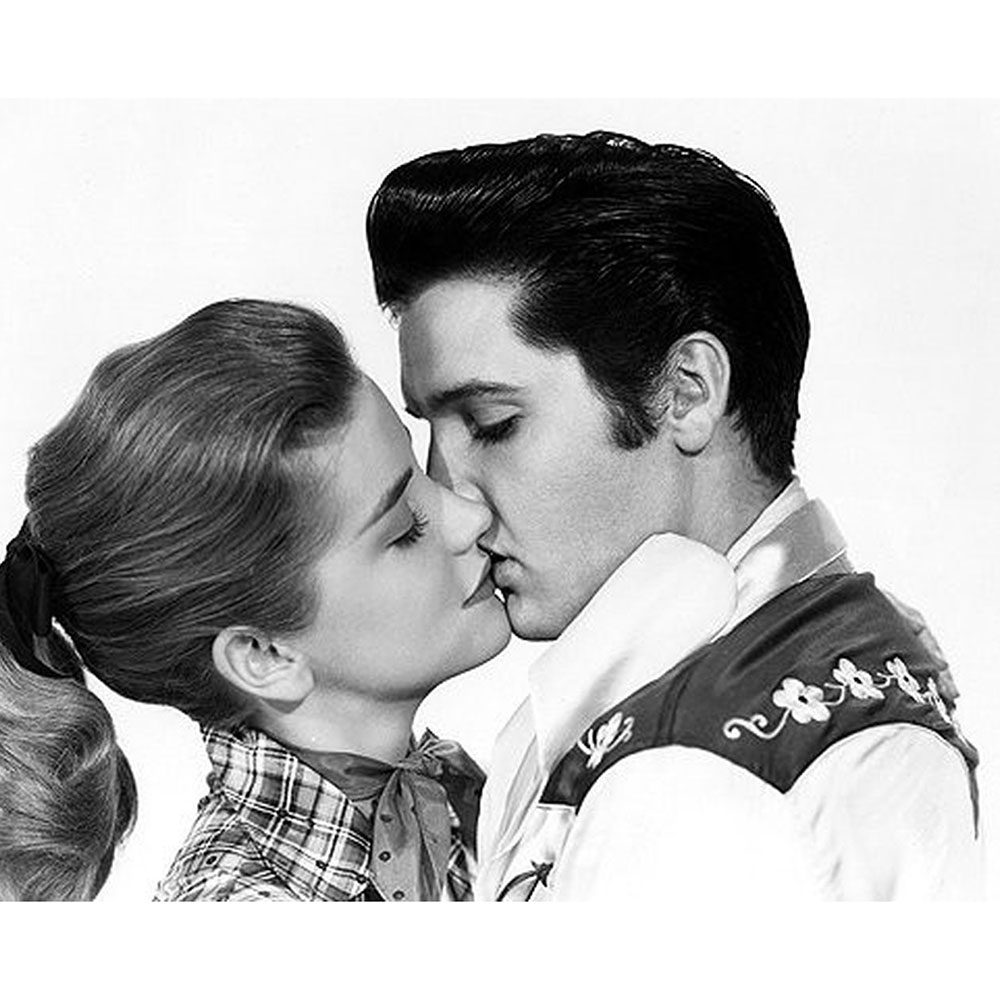
Elvis' first screen kiss
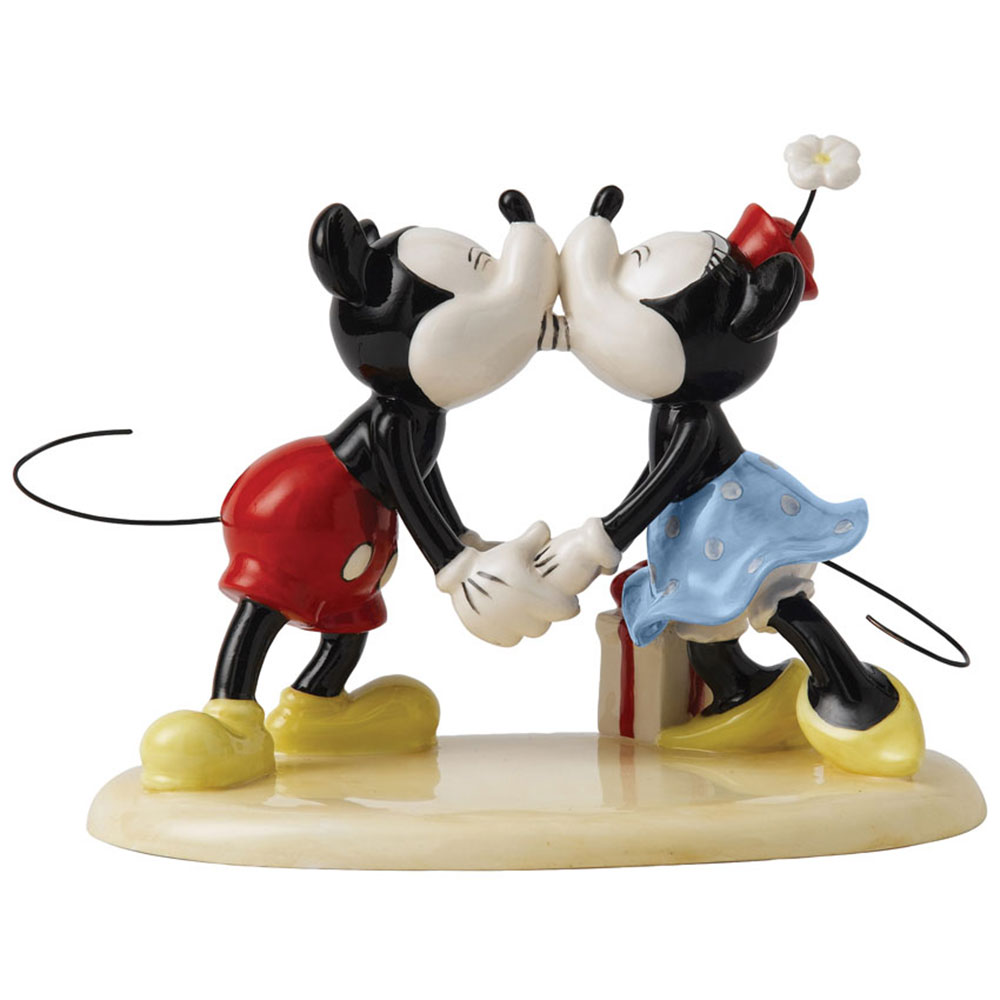
Royal Doulton Mickey & Minnie
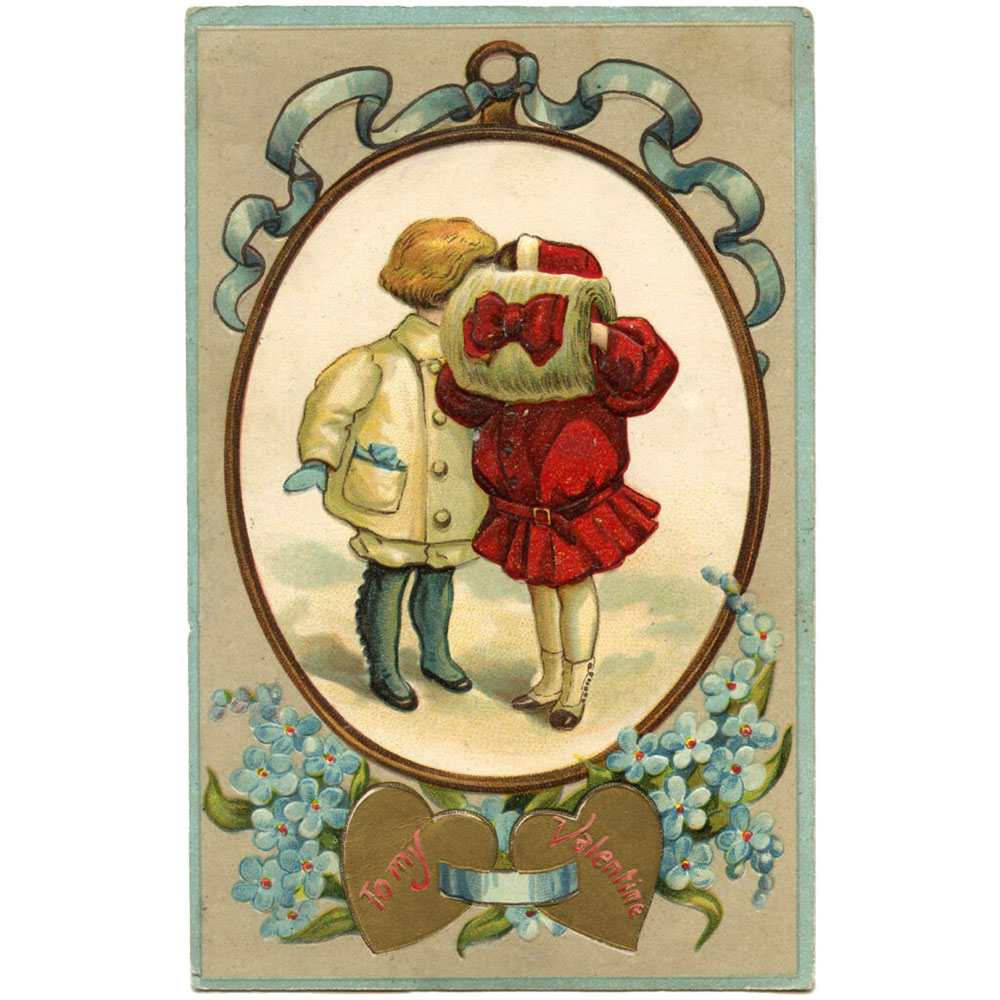
Vintage Valentine
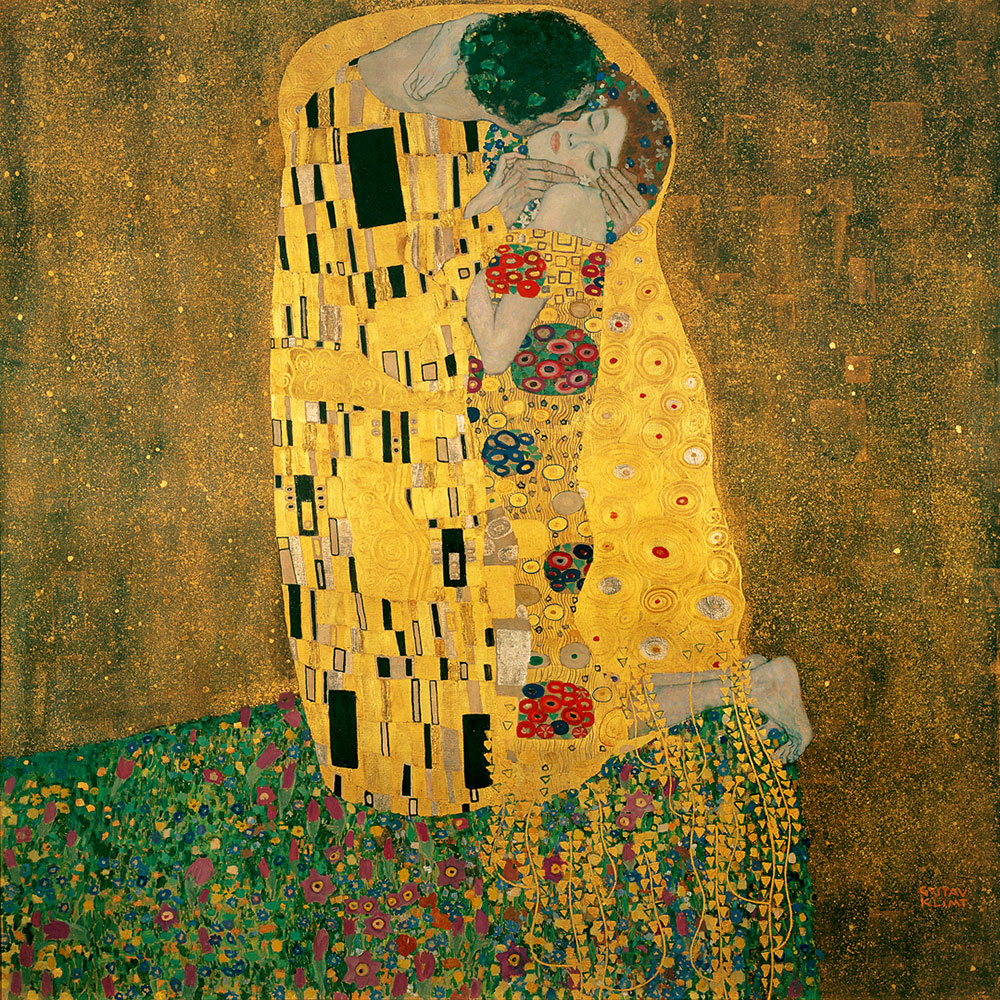
The Kiss by G. Klimt

Lladro The Kiss
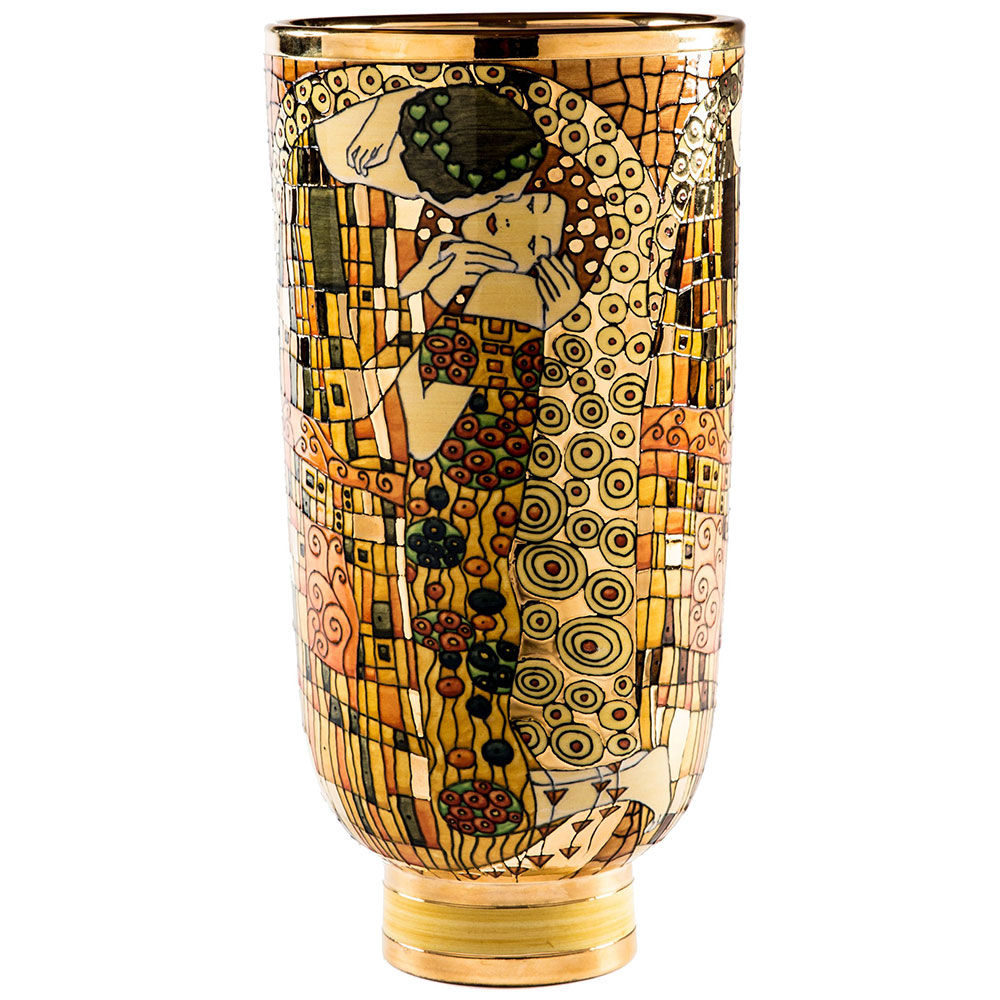
Dennis Chinaworks The Kiss by S. Tuffin
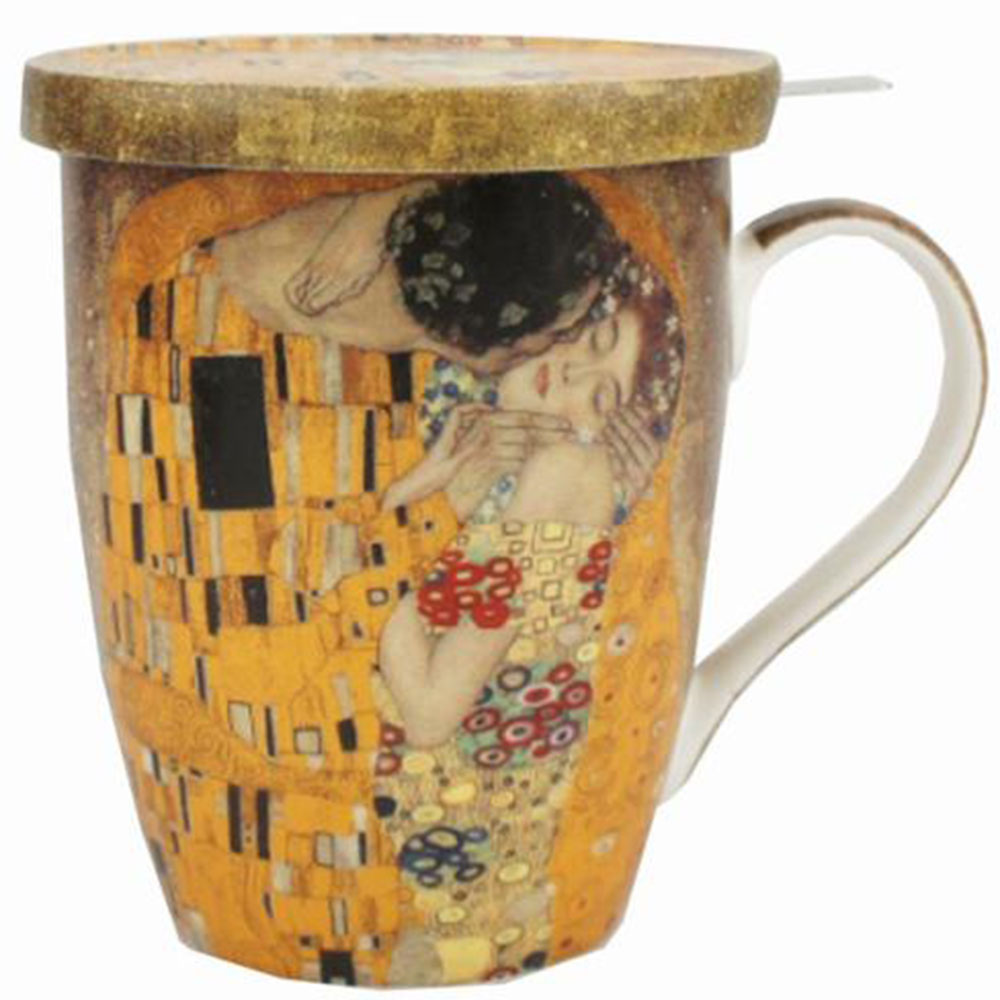
McIntosh The Kiss mug
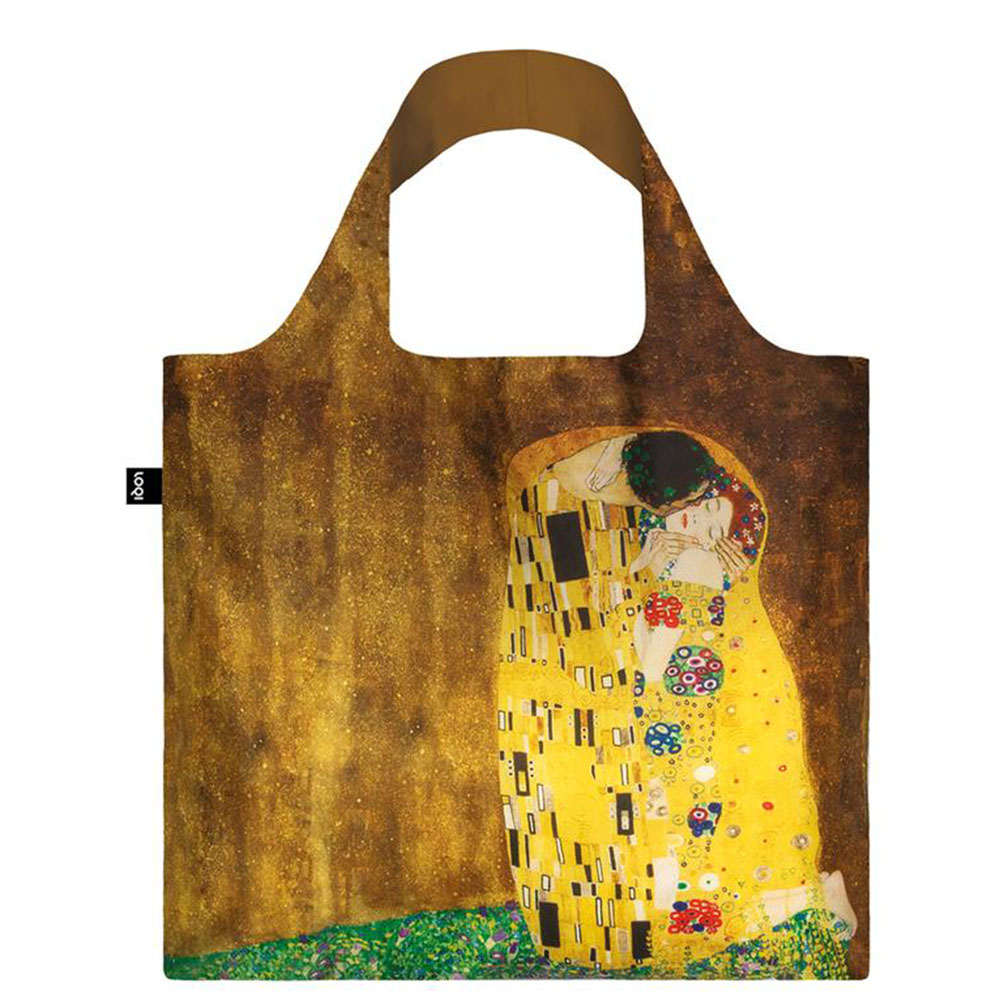
Loqi The Kiss bag
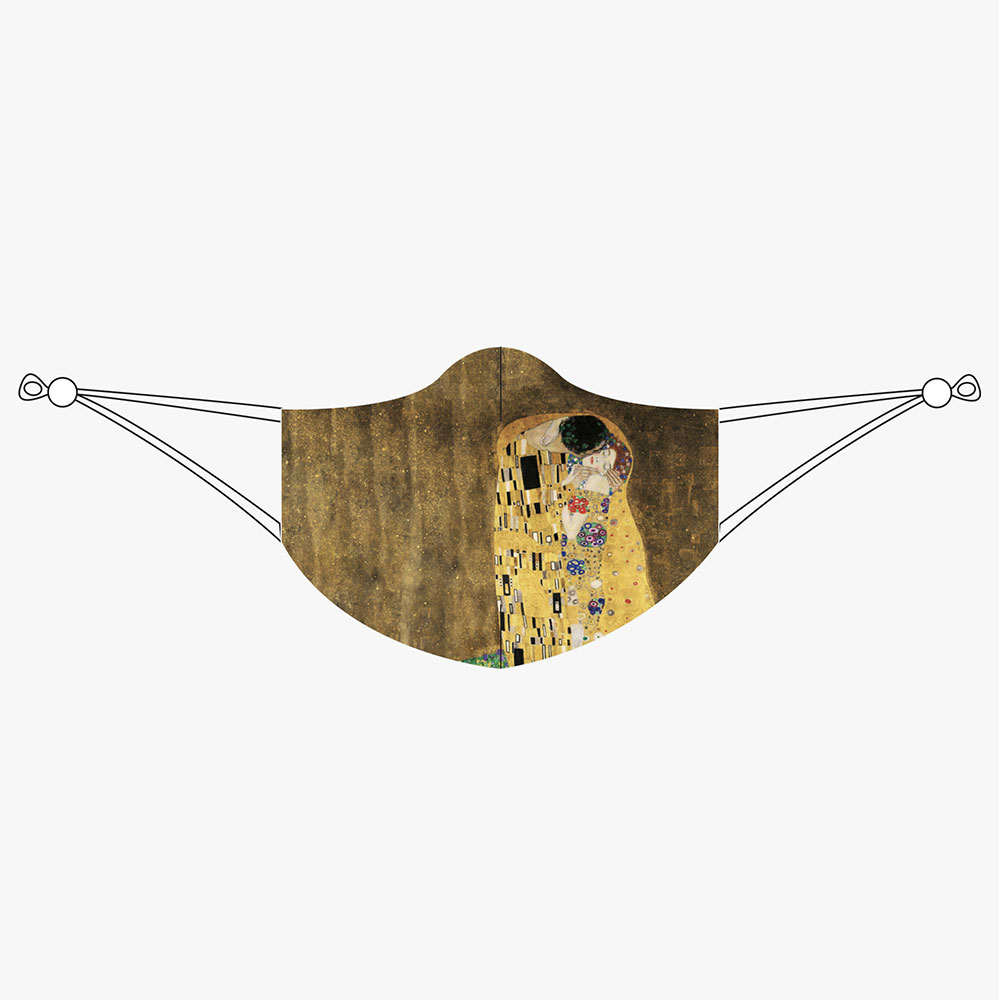
Loqi The Kiss mask

Fall in Love with WMODA
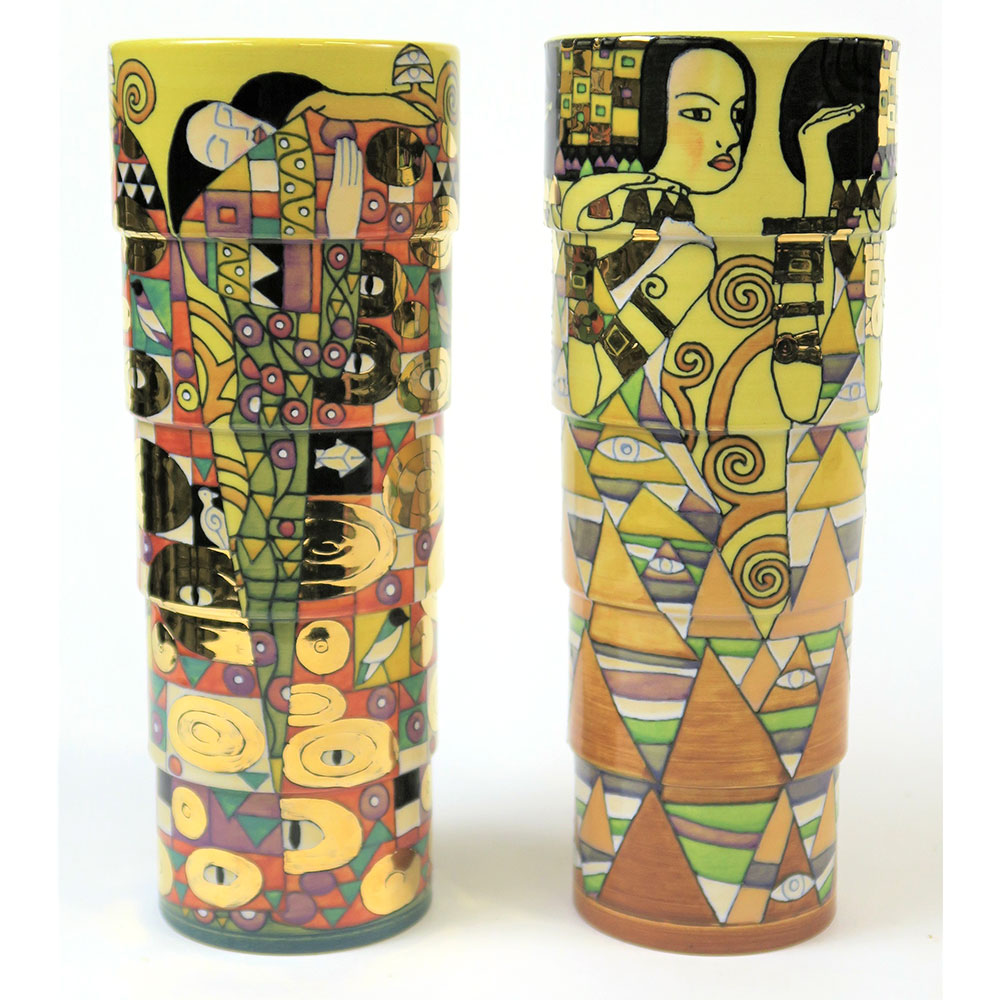
Dennis Chinaworks Klimt Vases
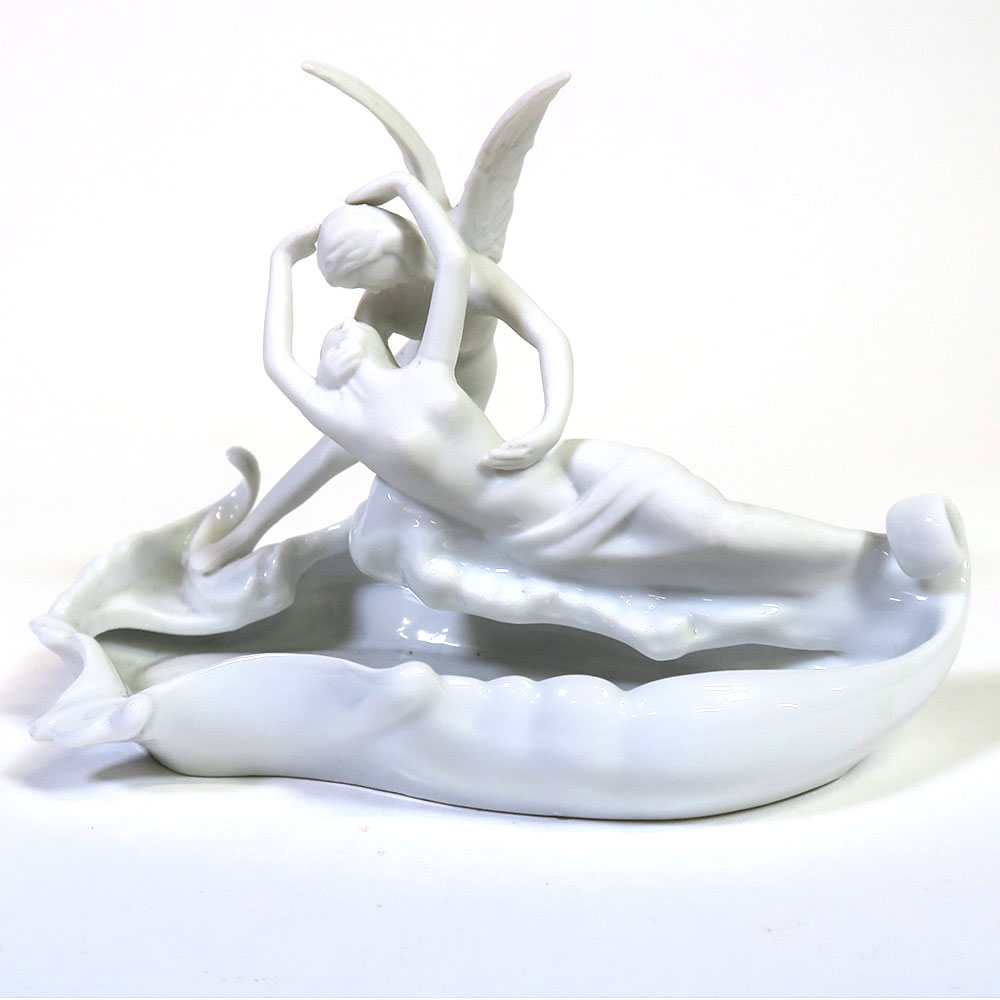
Cupid & Psyche
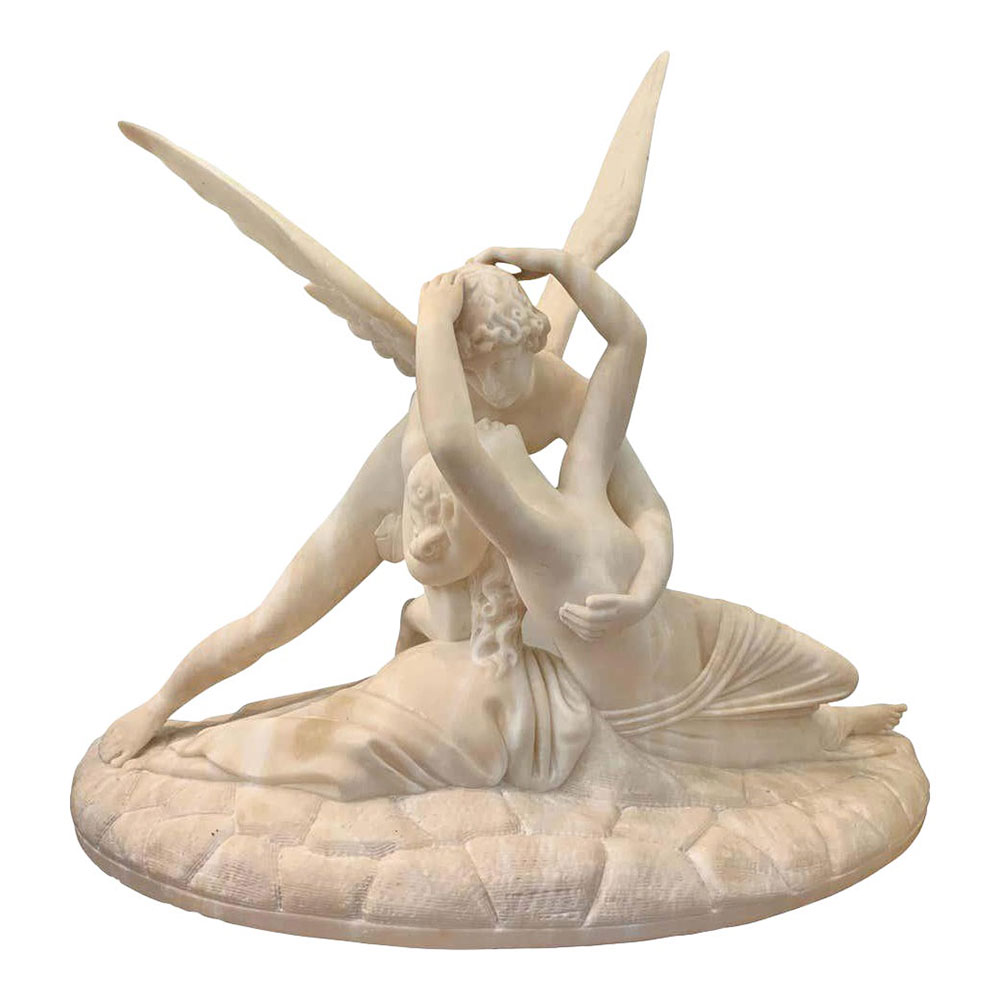
Cupid & Psyche Canova alabaster
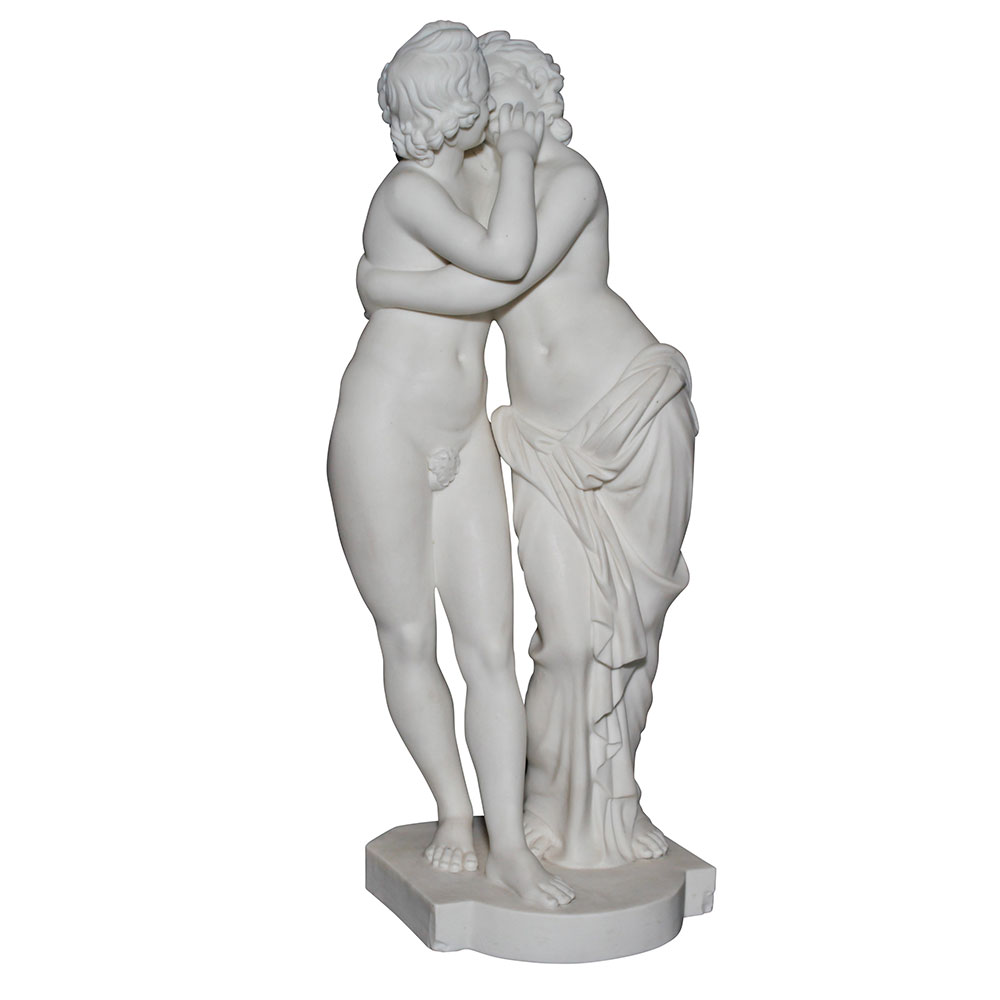
Minton Parian Cupid & Psyche by H. Bourne
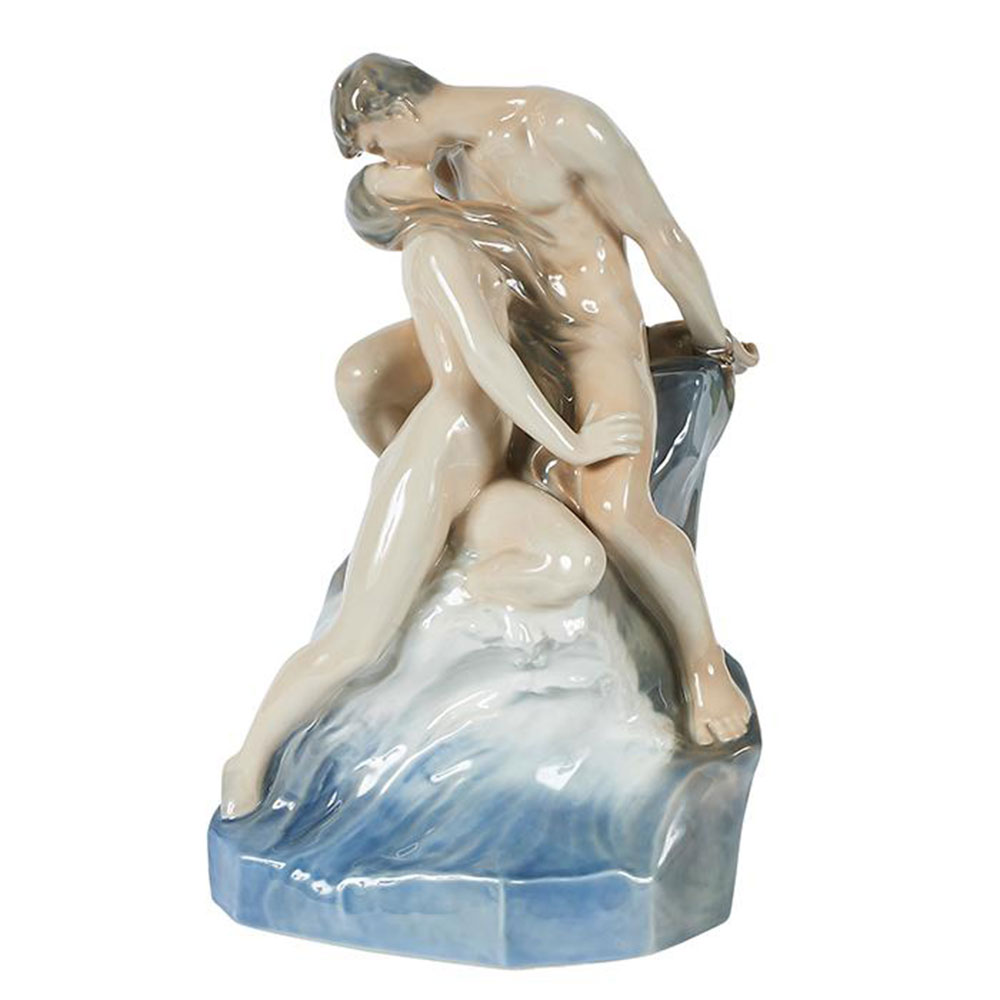
Royal Copenhagen Kiss by J. T. Lundberg
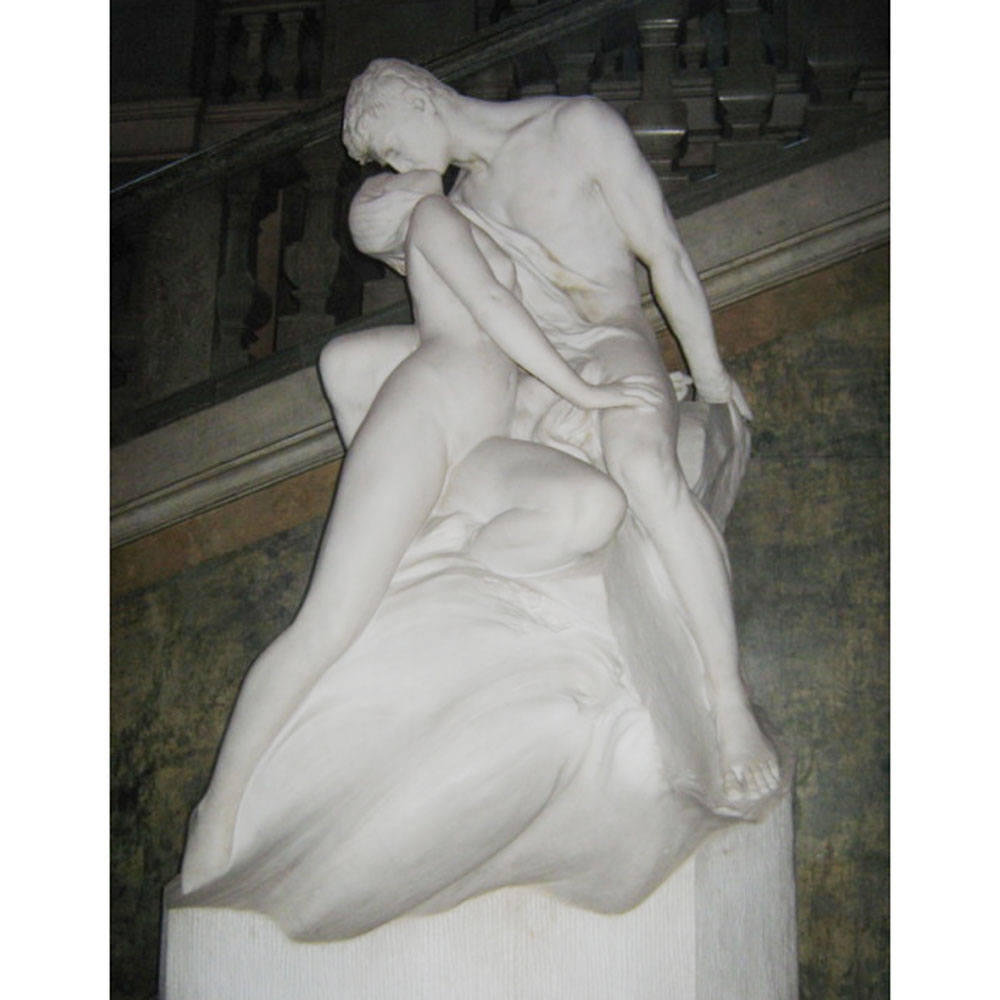
The Wave and the Beach by J. T. Lundberg in the Royal Palace Stockholm
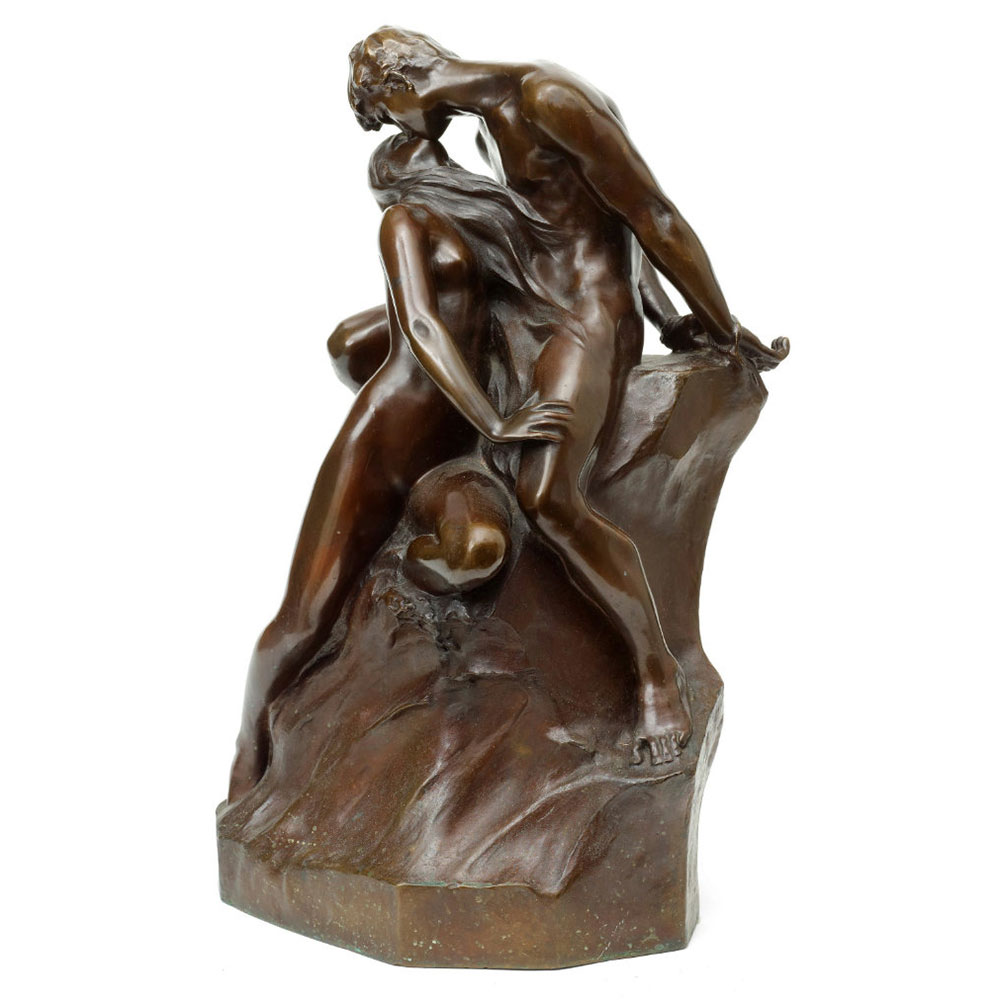
Wave & Rock bronze by J. T. Lundberg
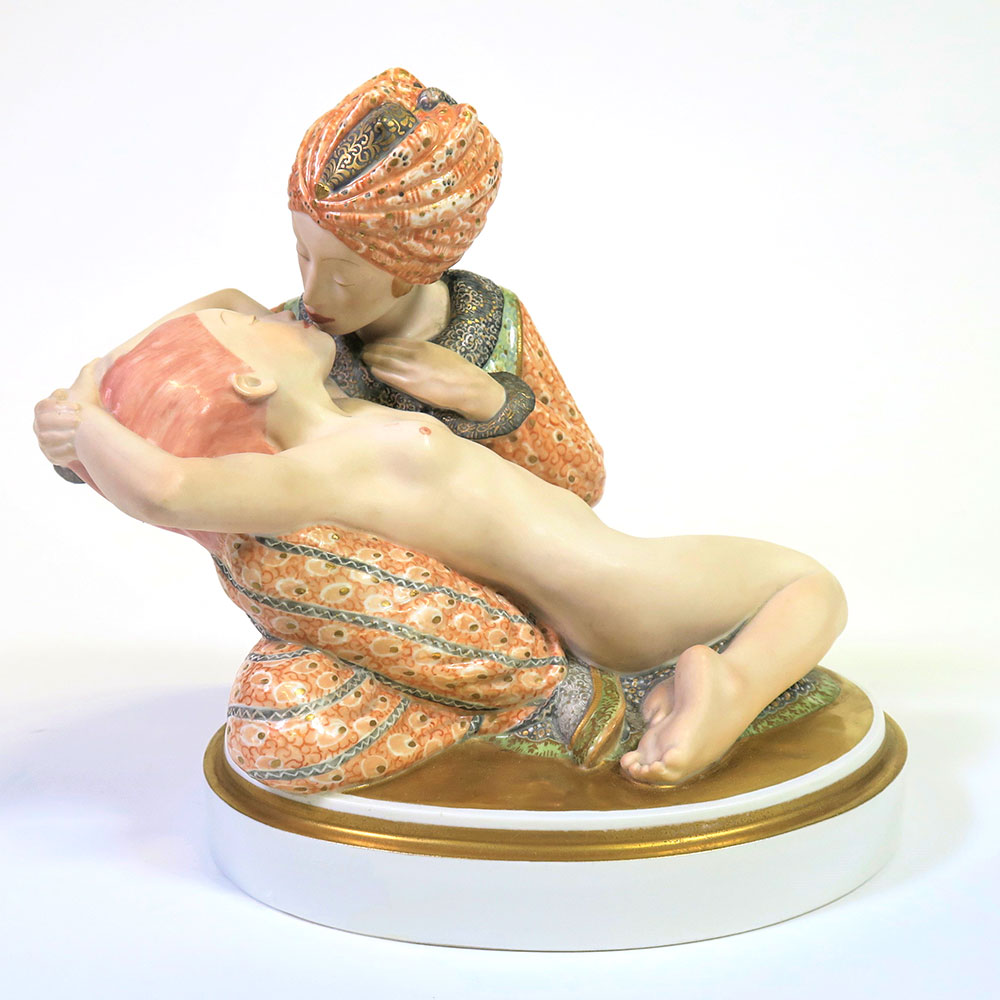
Royal Copenhagen Fairytale by G. Henning
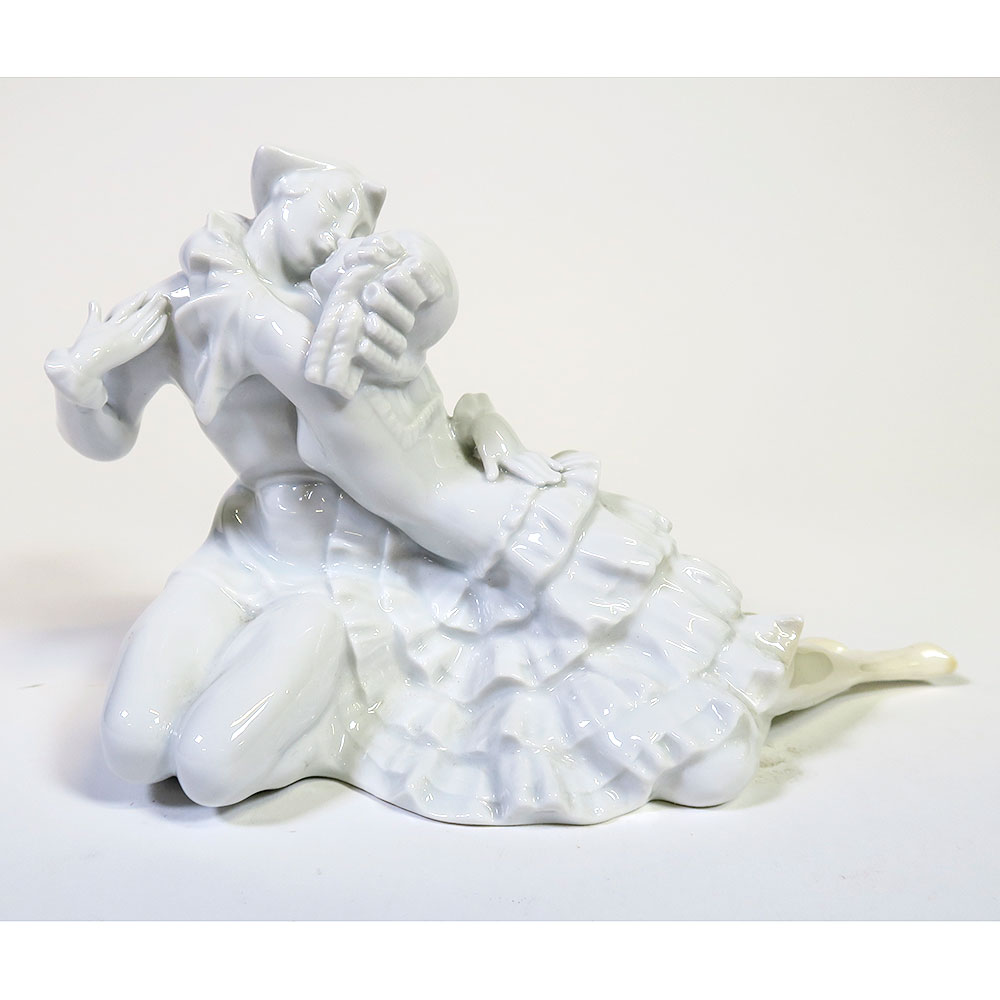
Hutschenreuther Kiss
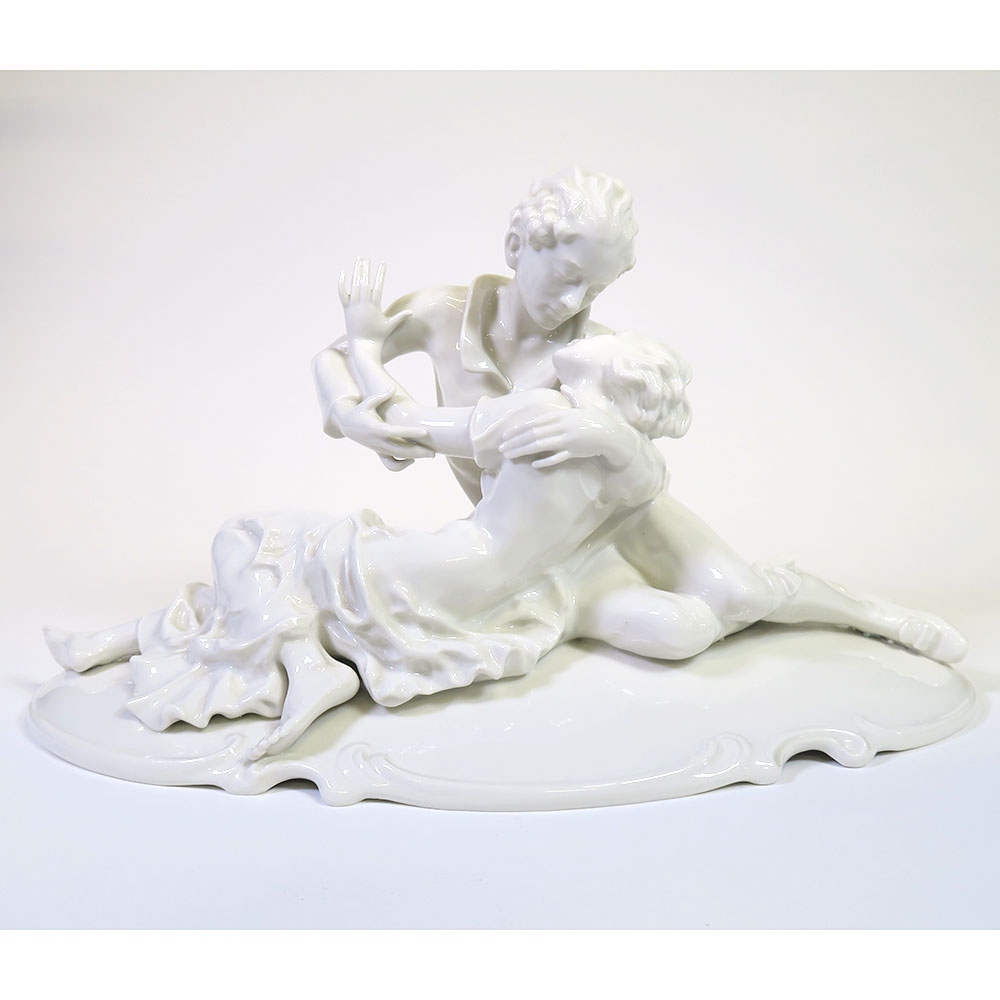
The Kiss
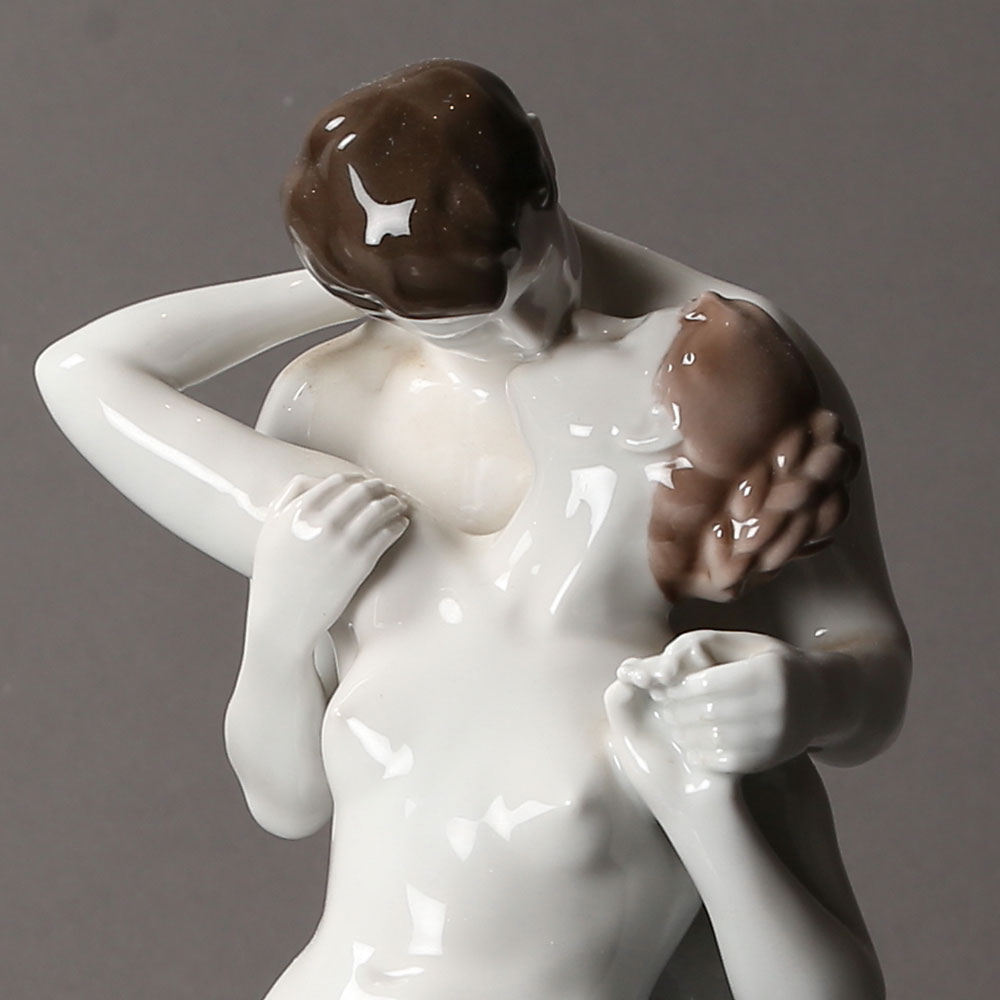
Rosenthal Kiss detail
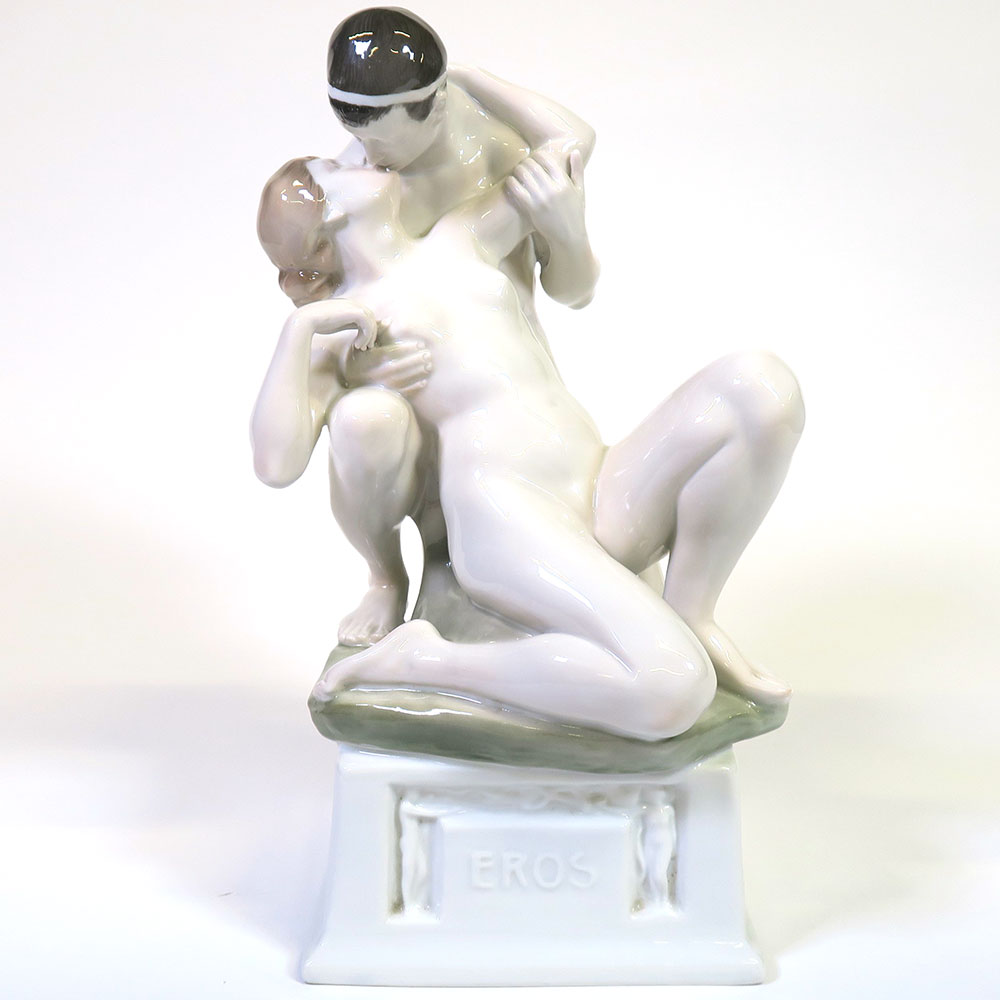
Rosenthal Eros
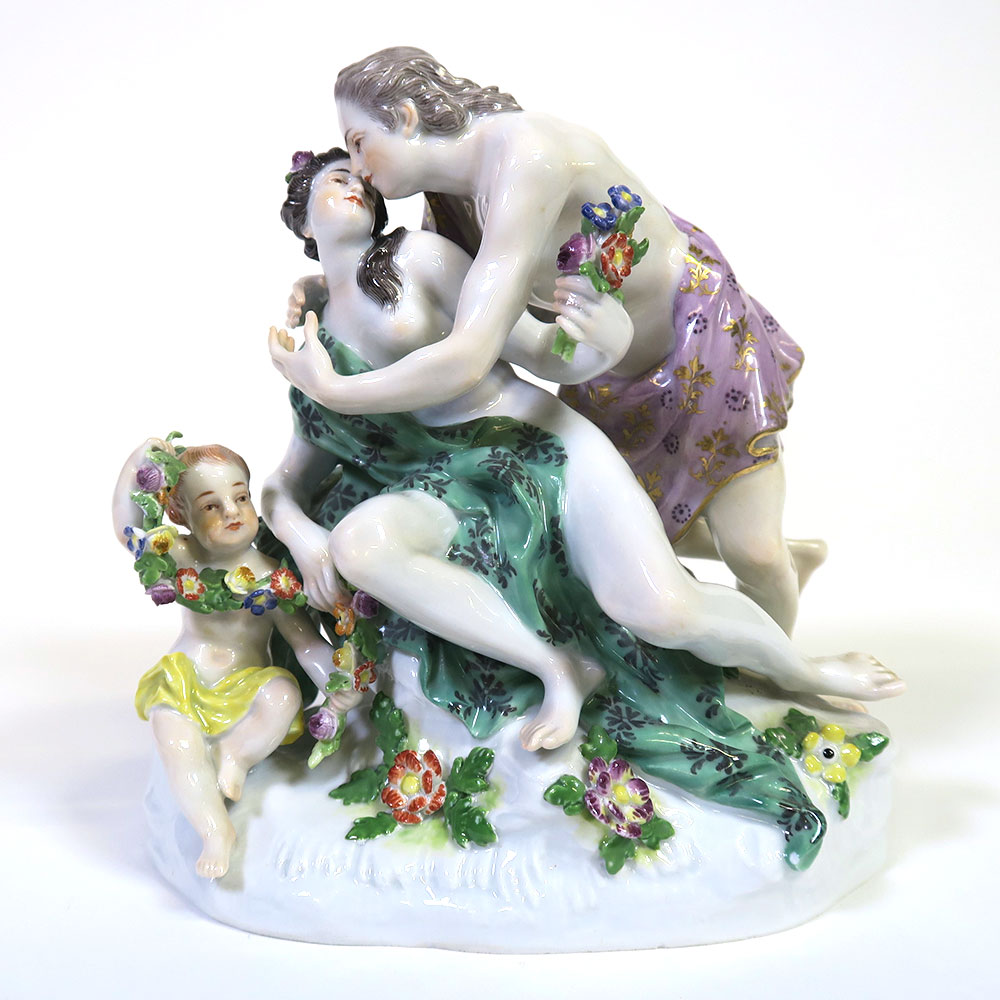
Meissen Kiss
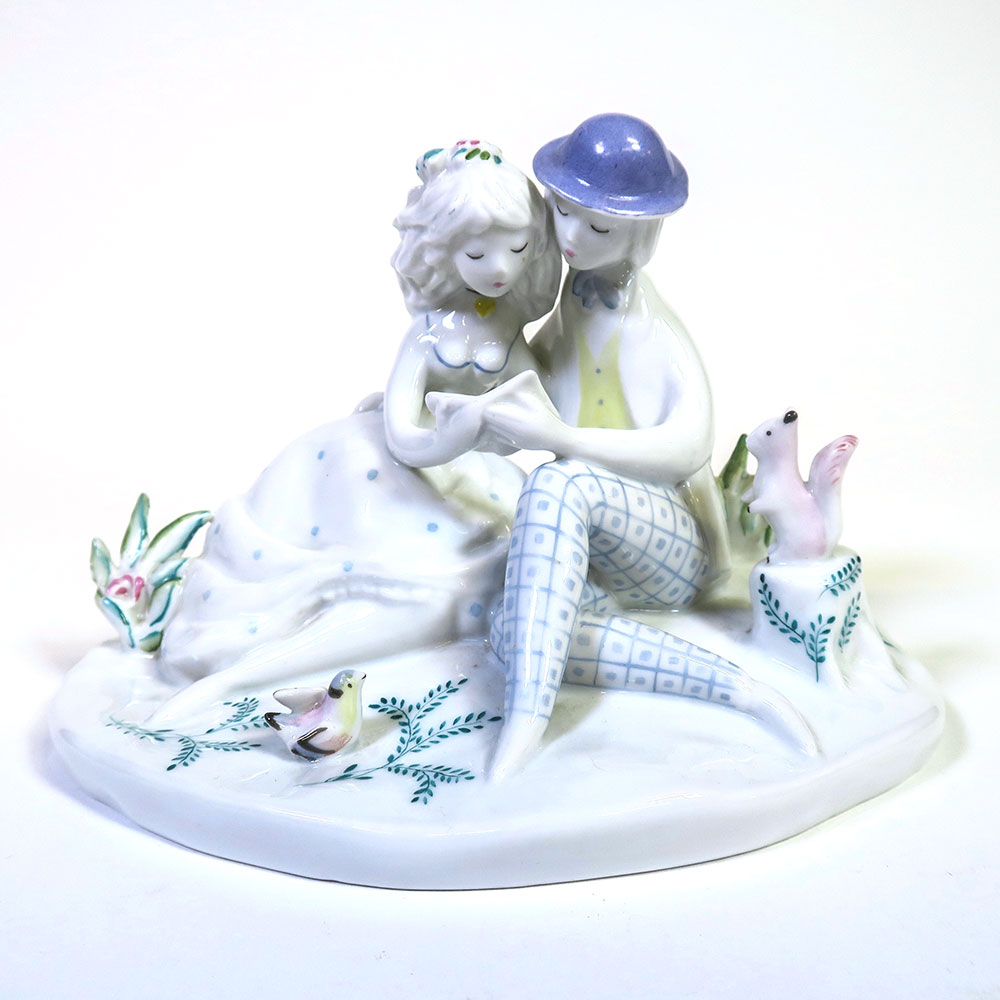
Rosenthal Love by Peynet
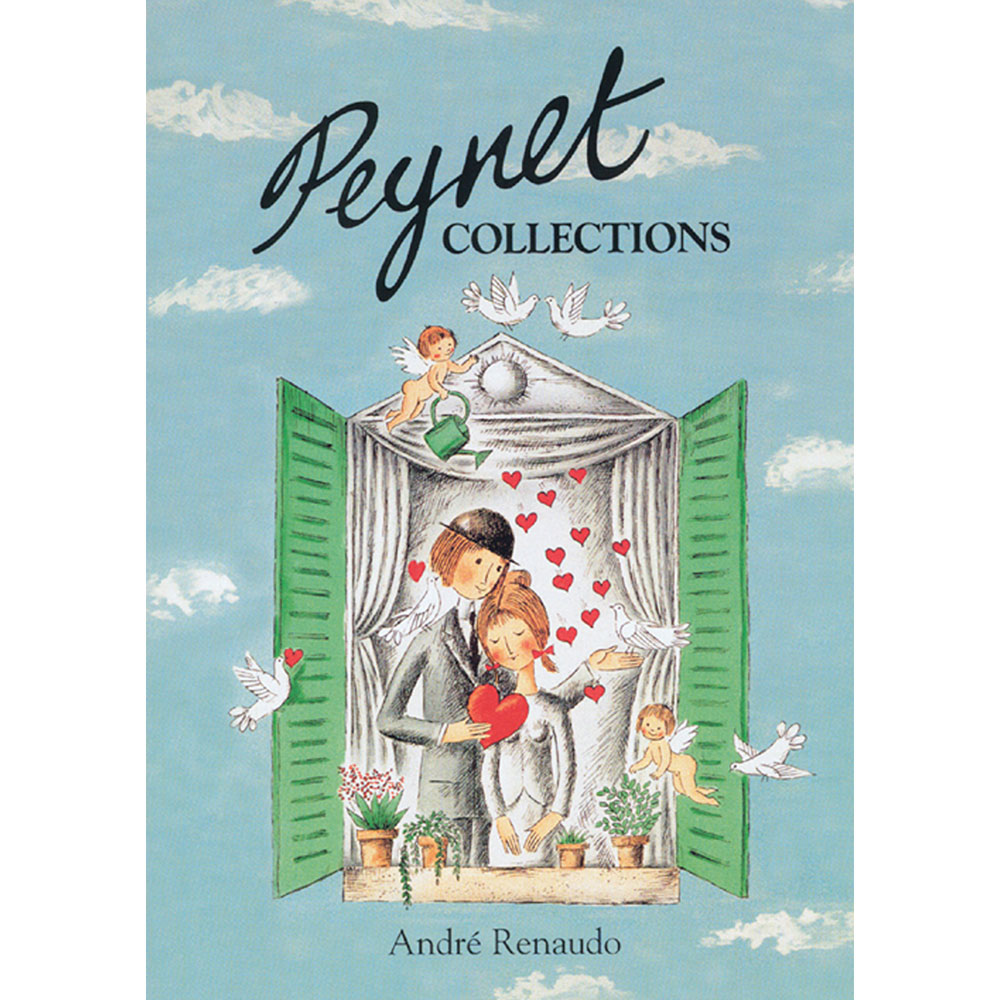
Collections by Peynet
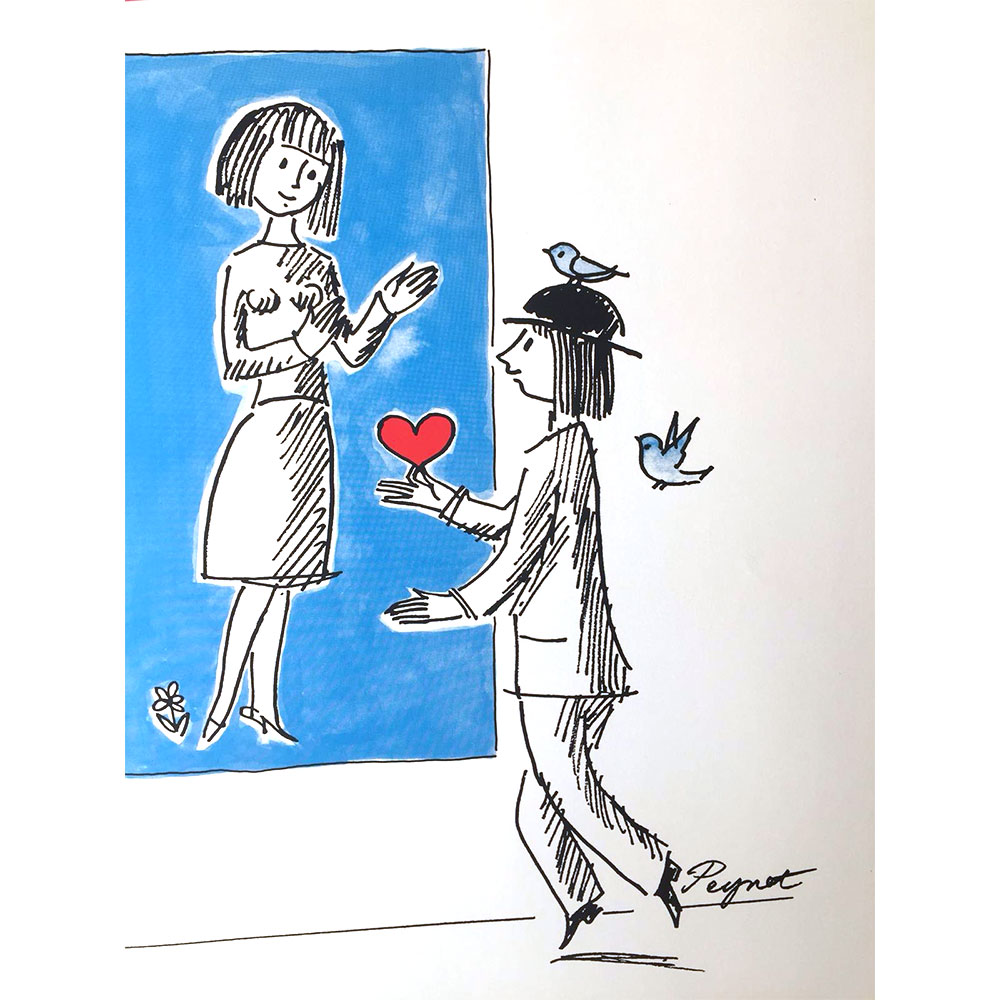
Lovers by Peynet
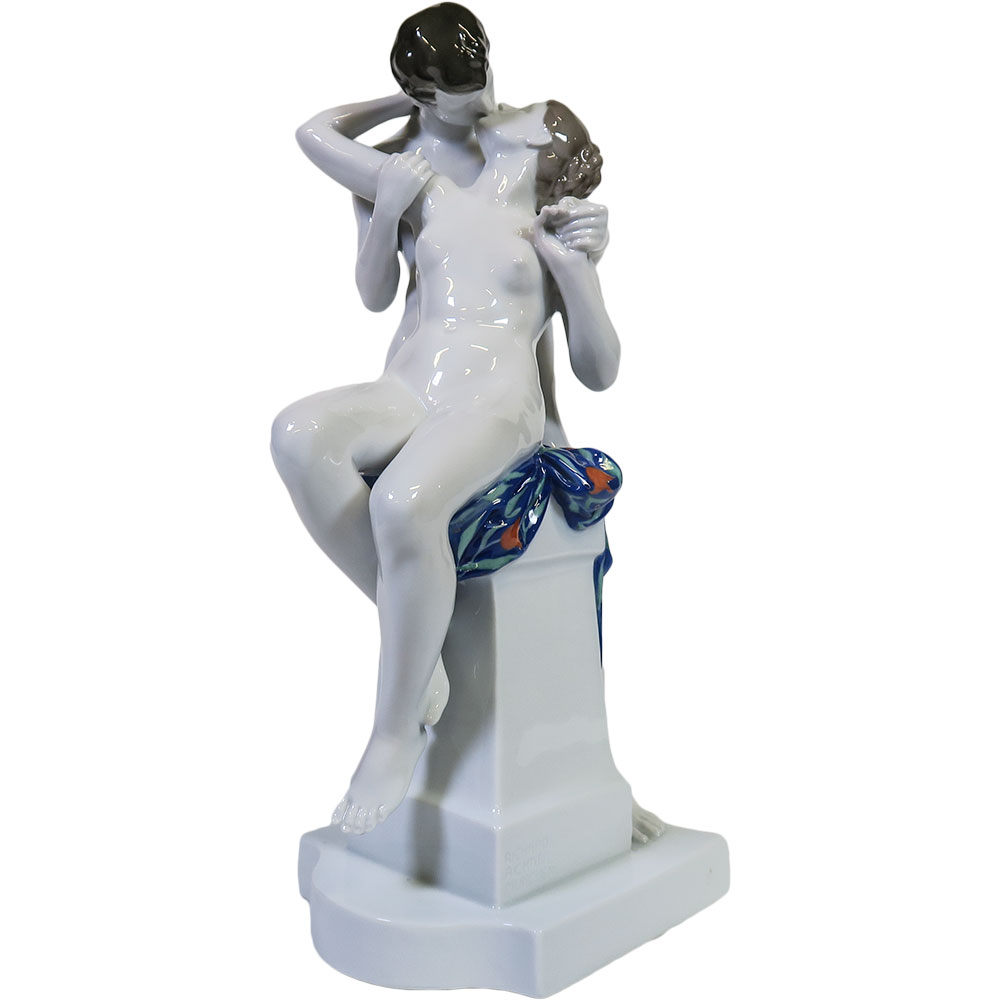
Rosenthal Springtime of Love
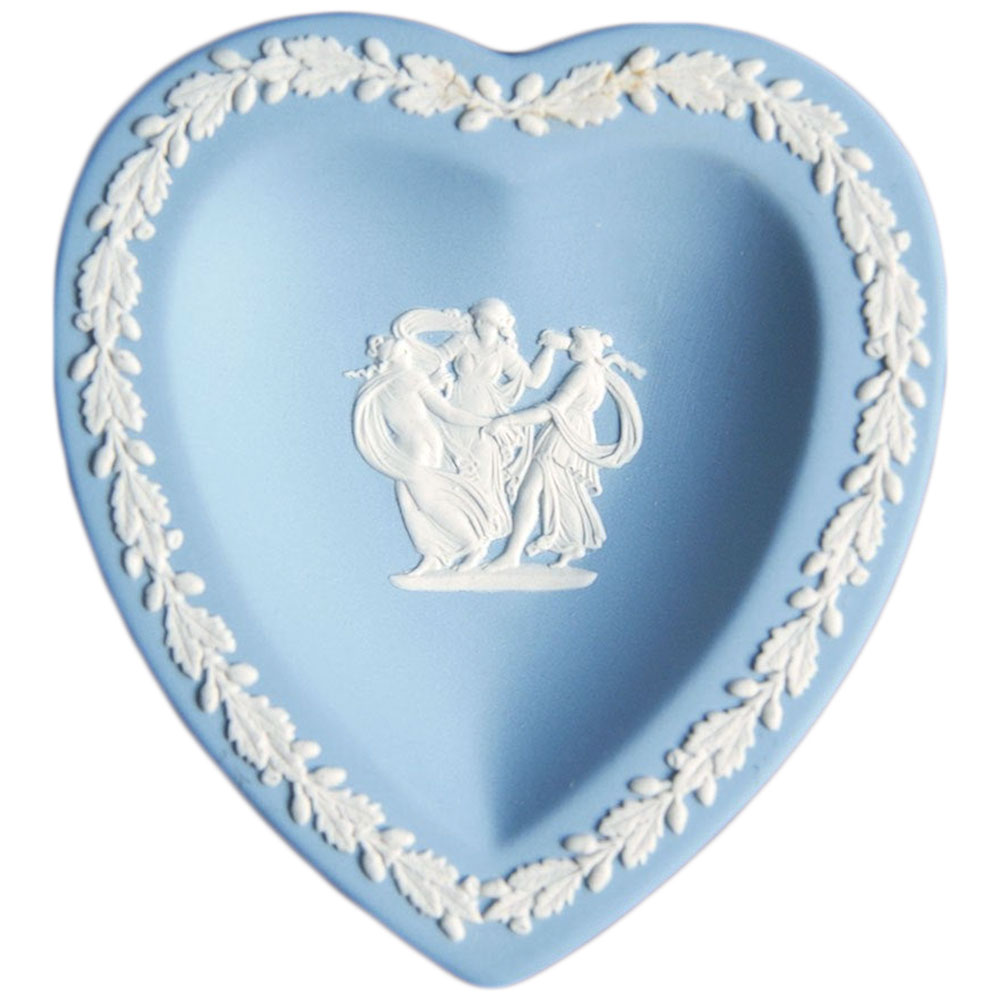
Wedgwood Jasper Heart Dish
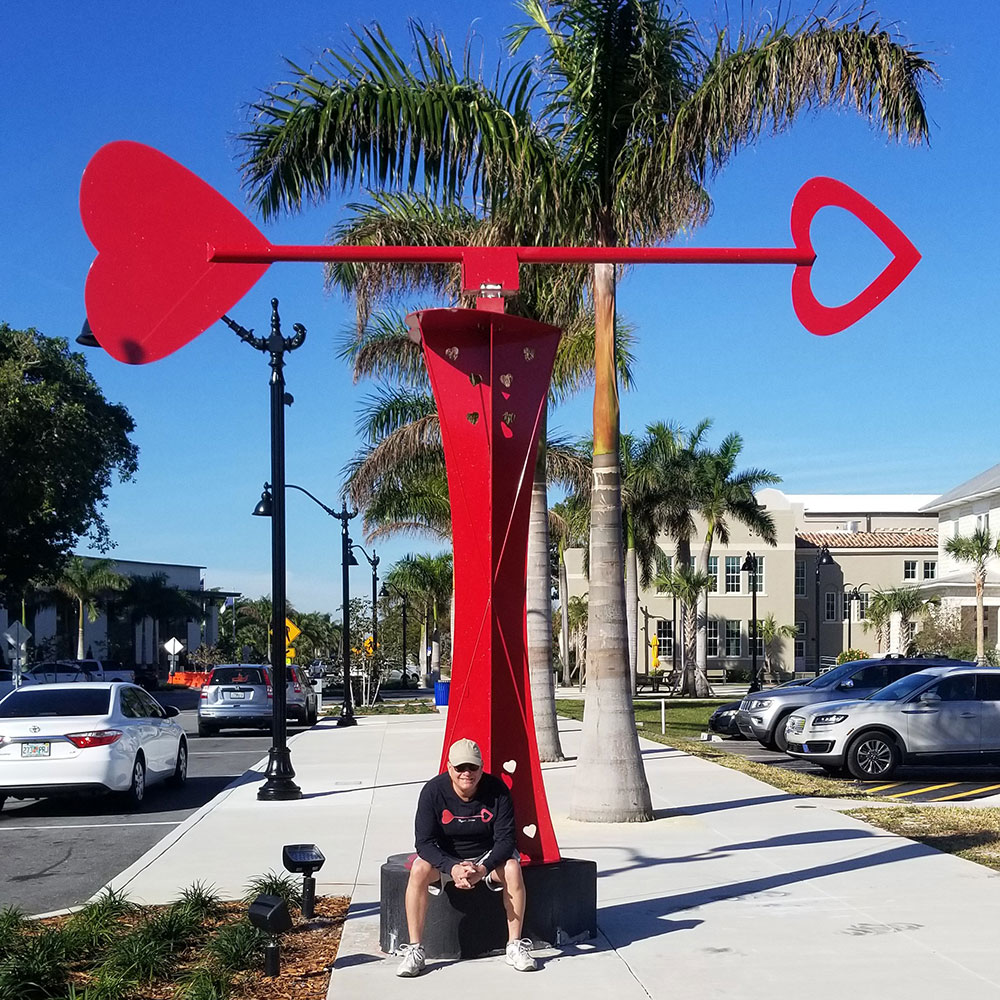
Let LOVE Guide Your Way Weathervane by L. Goradesky
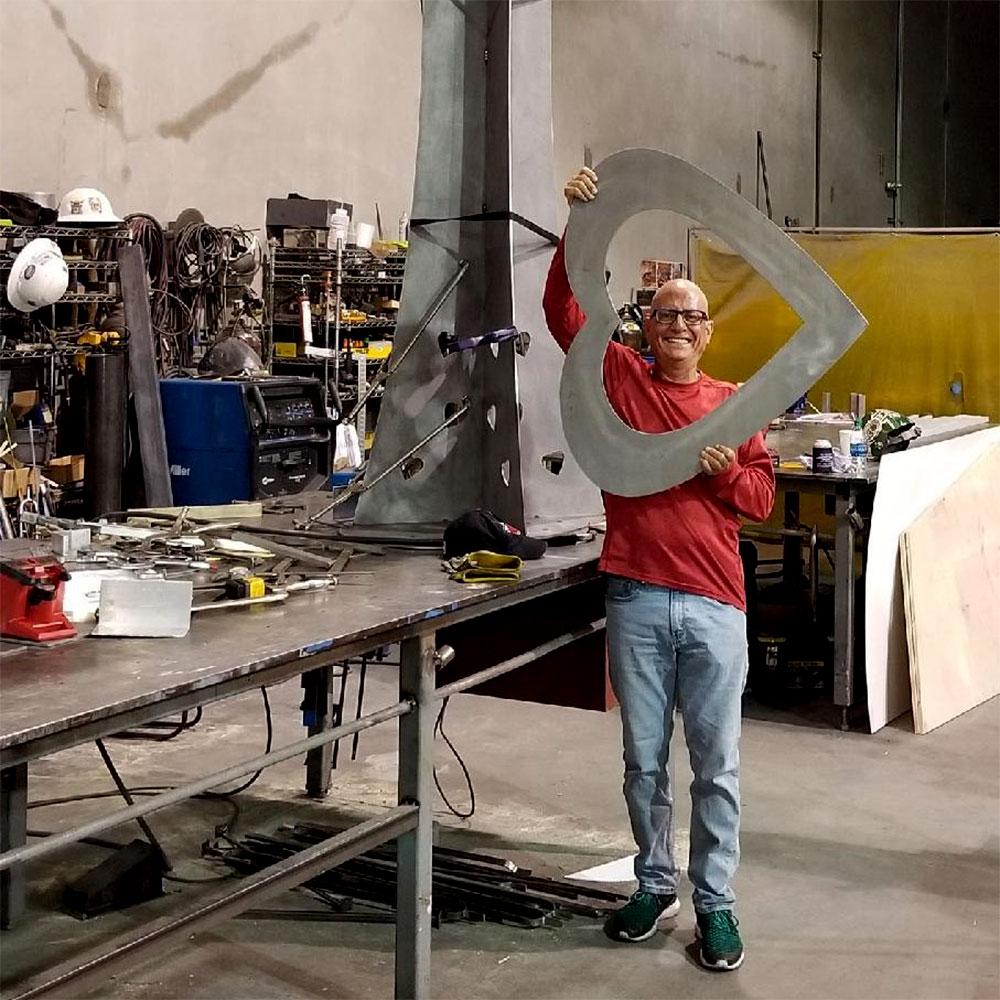
Let LOVE Guide Your Way Weathervane fabrication
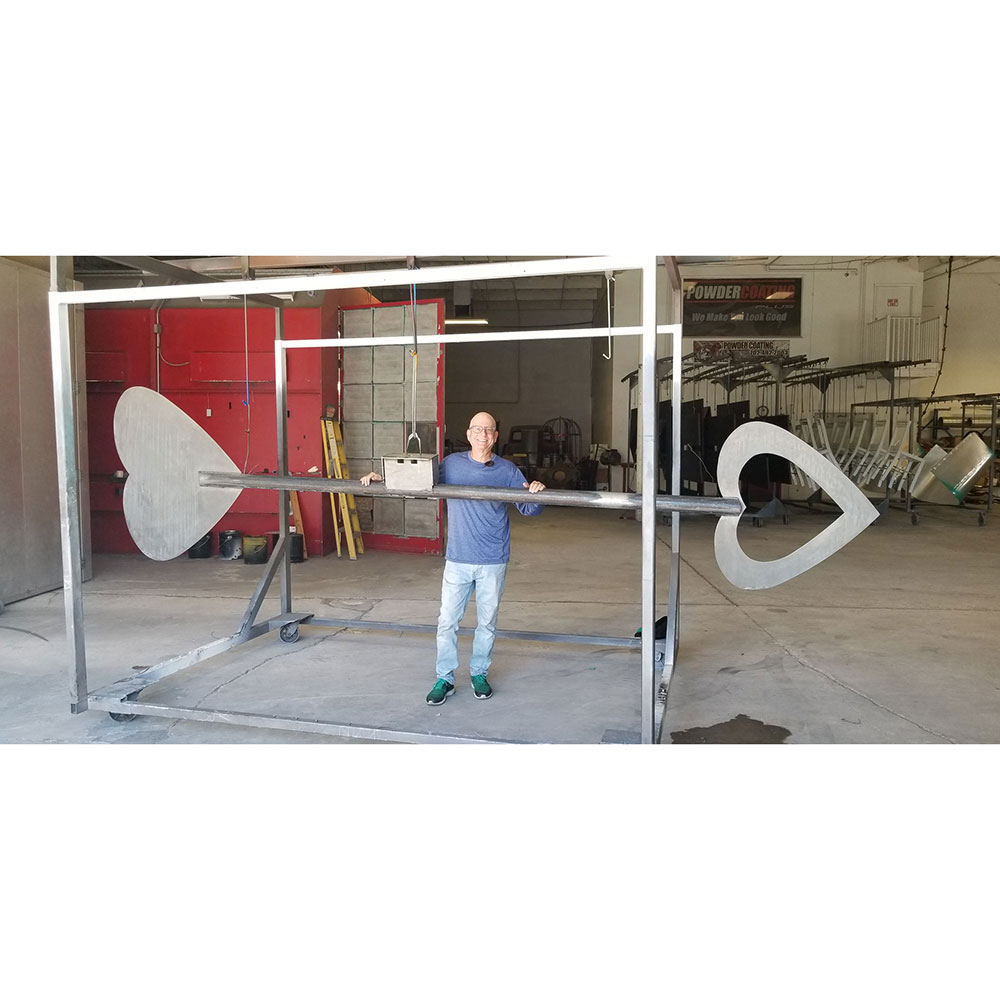
Let LOVE Guide Your Way Weathervane fabrication
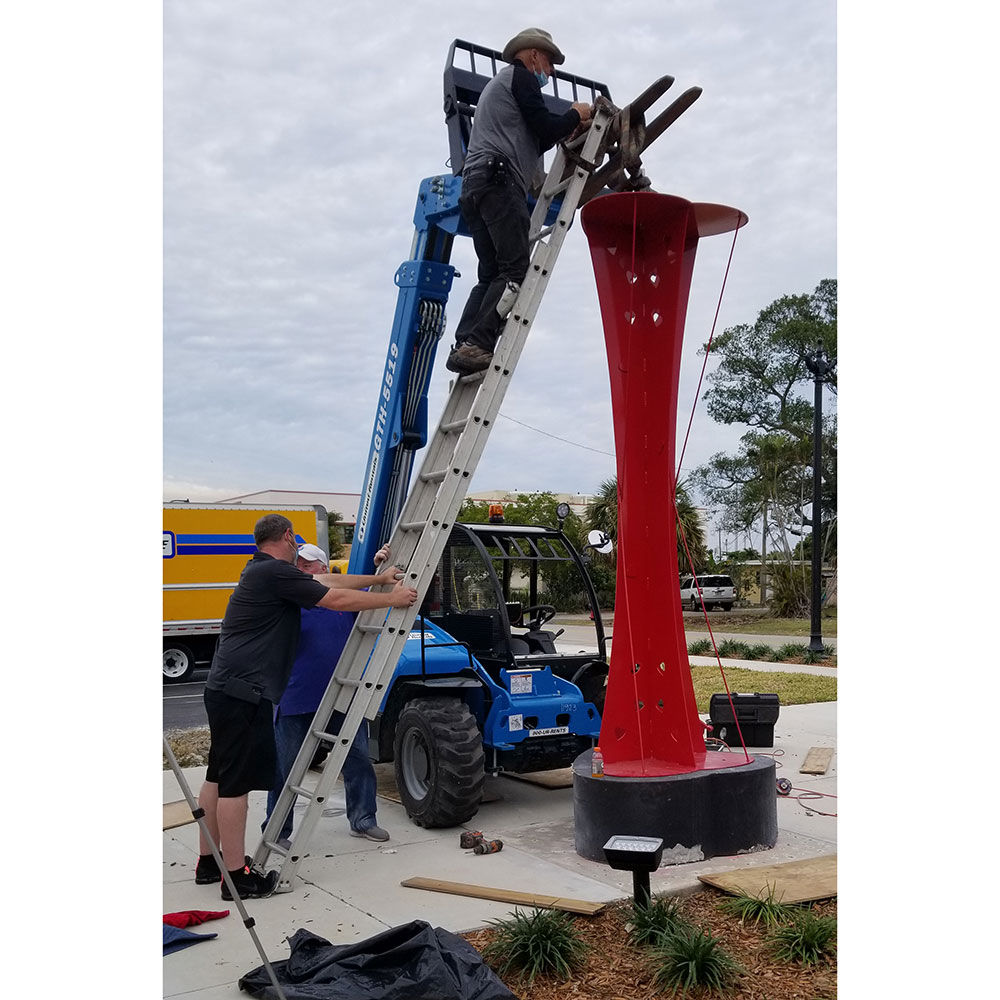
Let LOVE Guide Your Way Weathervane installation

Let LOVE Guide Your Way Weathervane installation
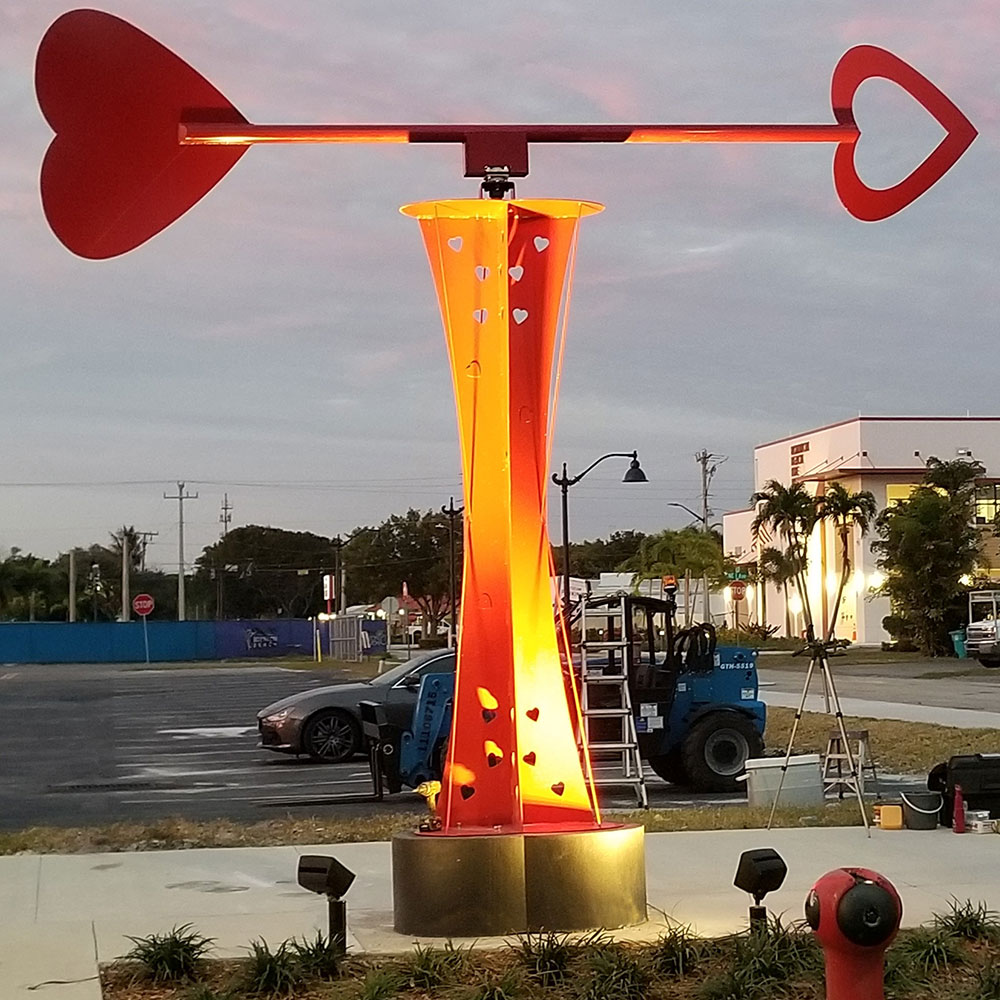
Let LOVE Guide Your Way Weathervane installation
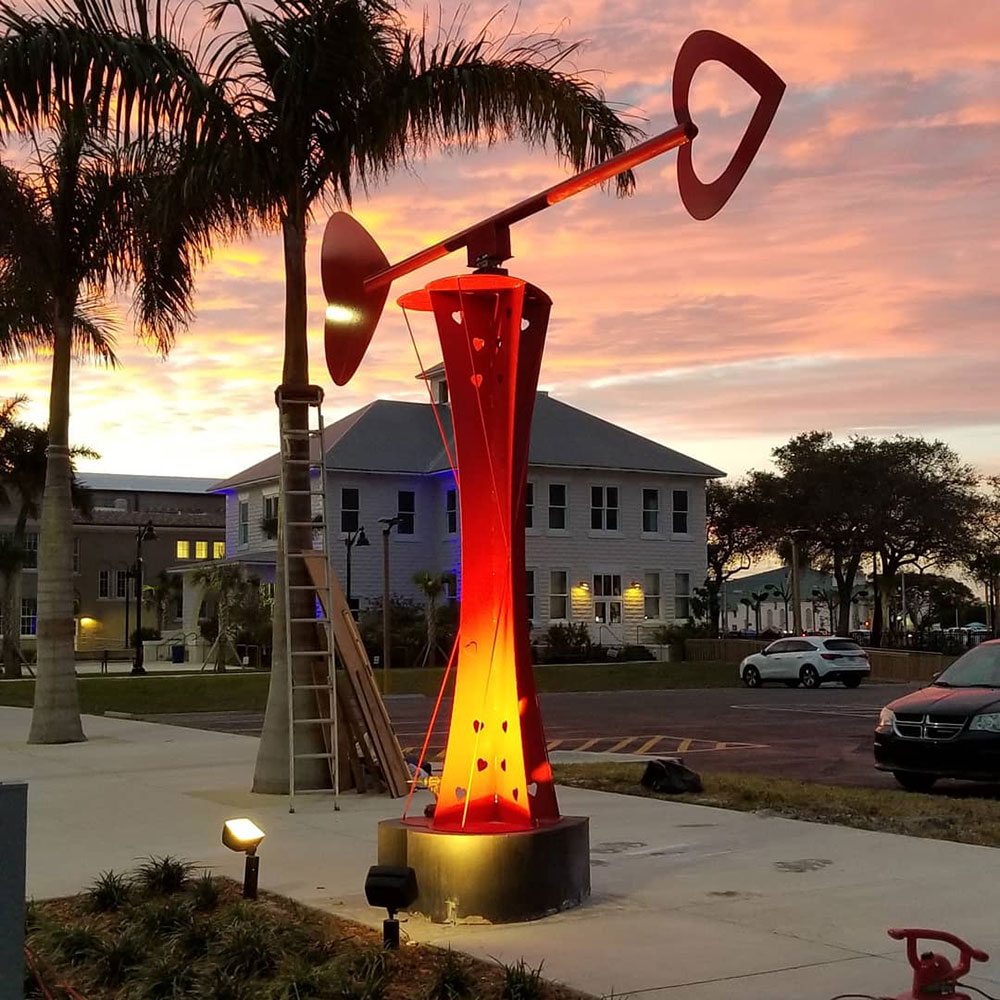
Let LOVE Guide Your Way Weathervane installation
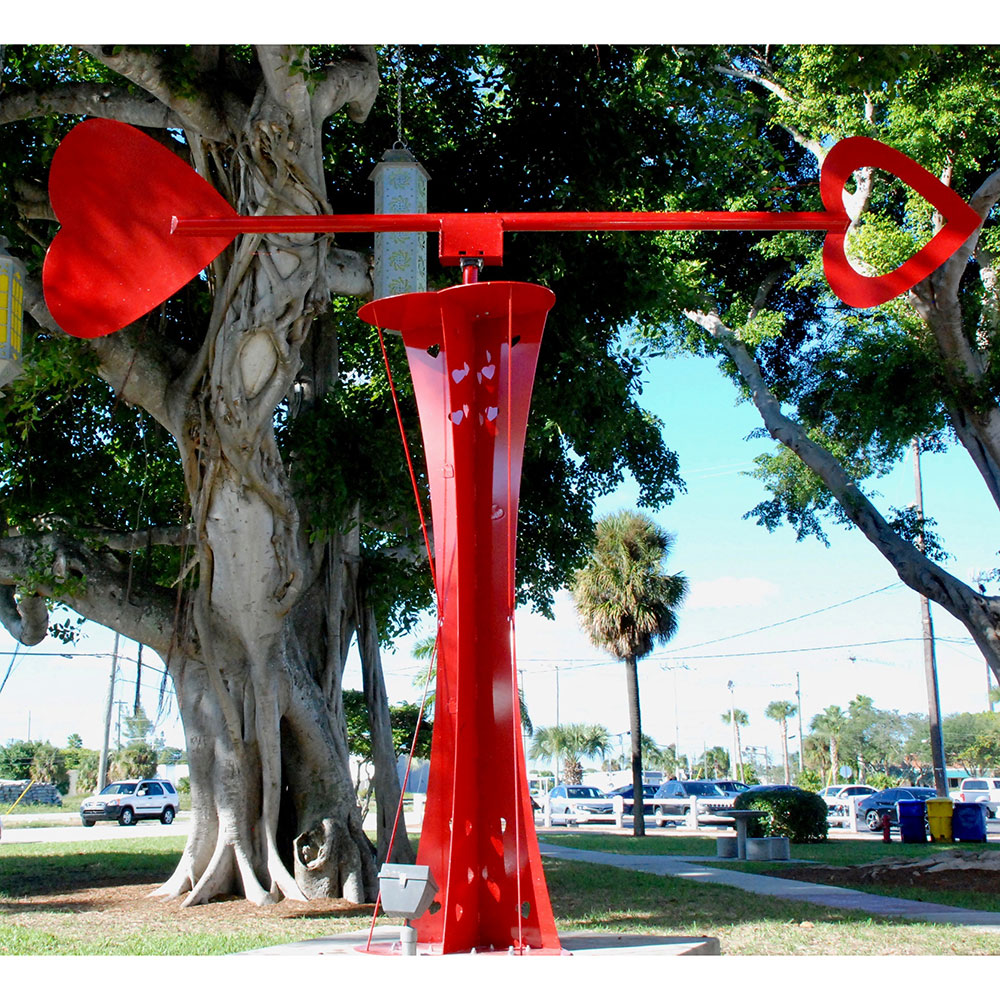
Let LOVE Guide Your Way Weathervane
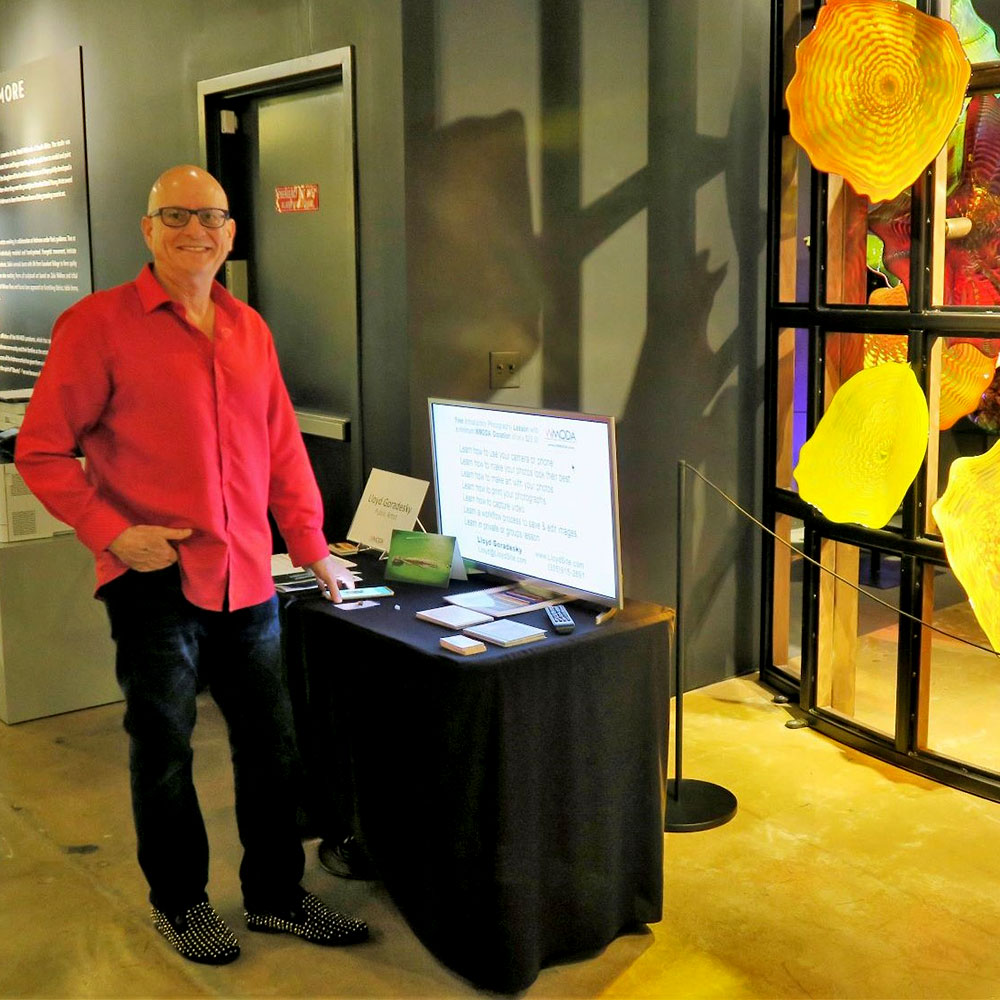
Lloyd Goradesky at WMODA
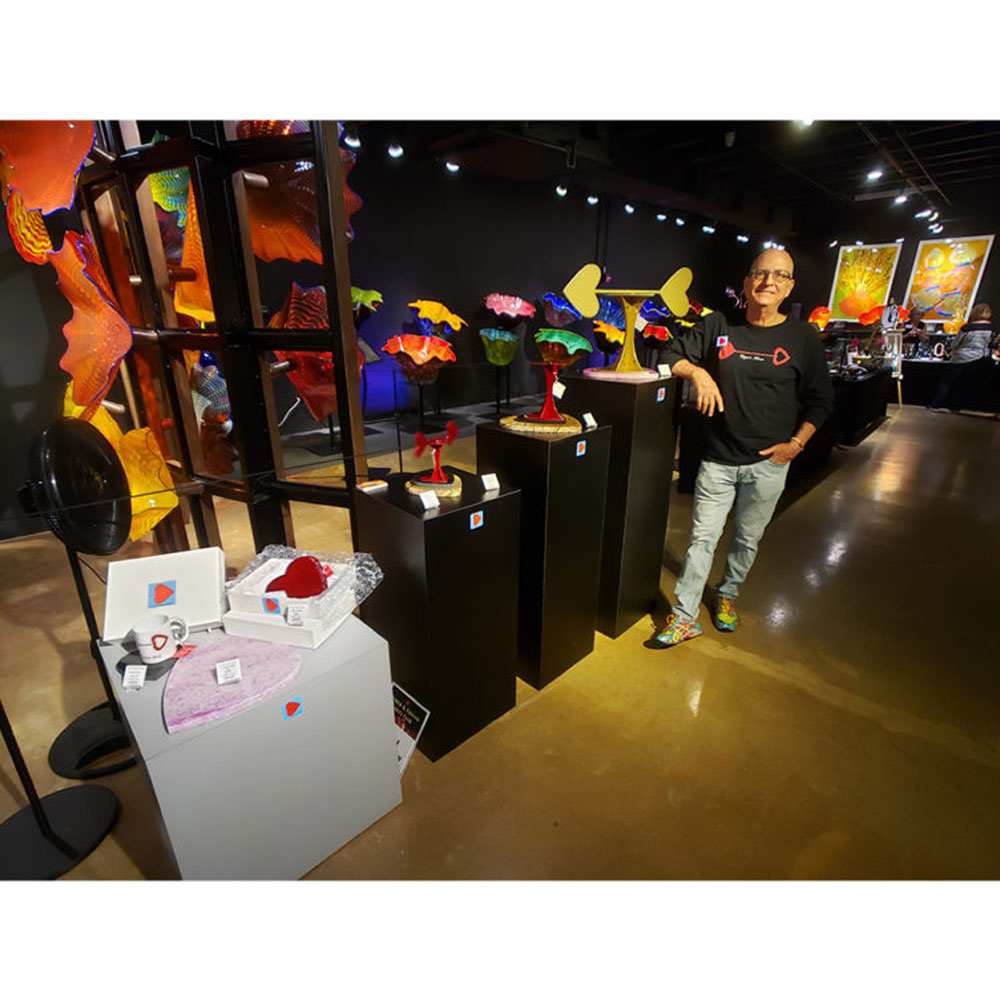
Lloyd Goradesky with sculptures at WMODA
